Agriculture & Environment
New Project to Improve Relevance of CAES PhD Graduates
Published
4 months agoon
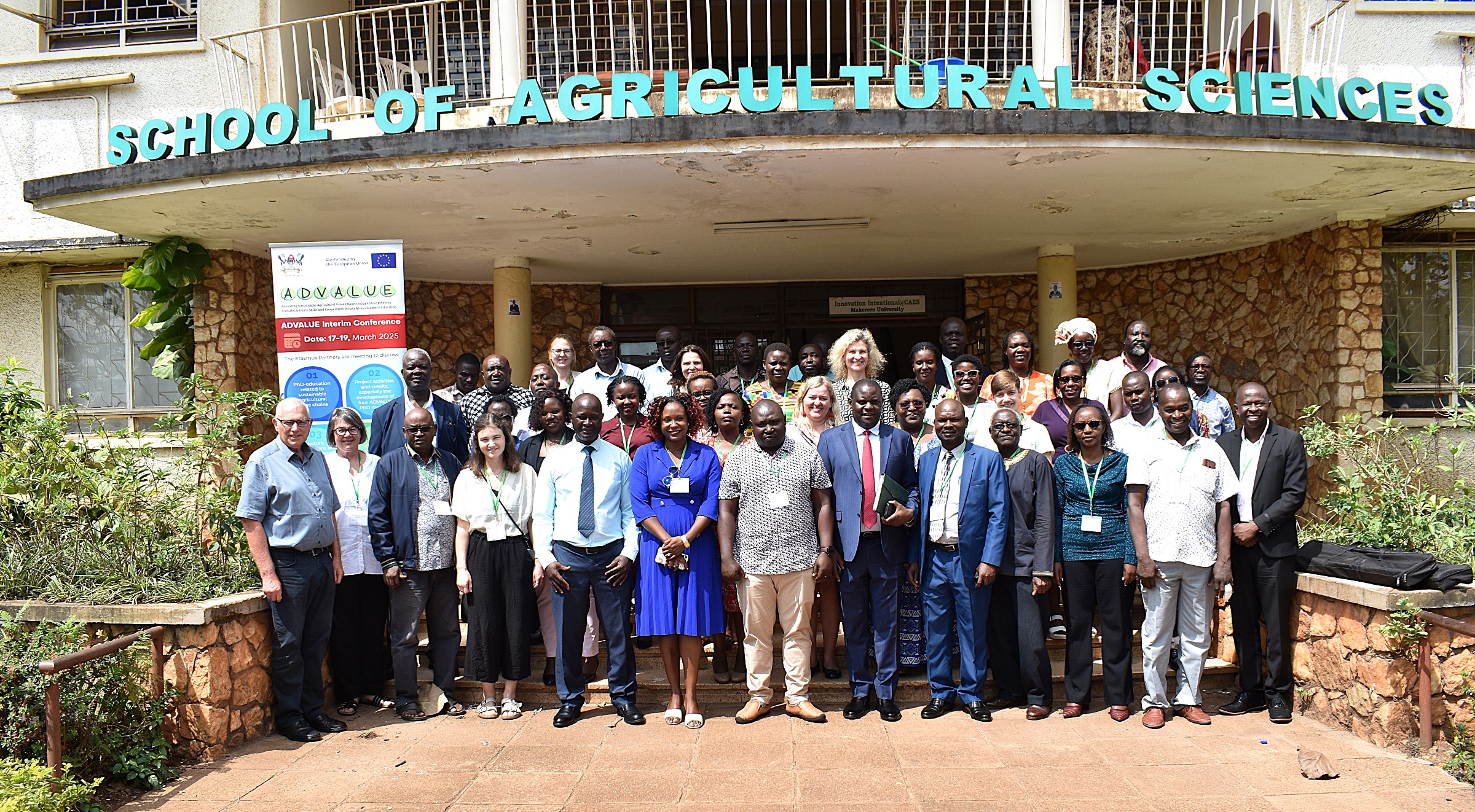
Working with potential future employers of PhD students in Kenya and Uganda, Advancing Sustainable Agricultural Value Chains through Strengthening Trans-disciplinary Skills and Cooperation in East African Doctoral Education (ADVALUE) Project aims to develop curricula that best prepare academic specialists in agricultural sciences for their careers.
Overview
The lack of skills-oriented training significantly undermines the relevance of doctoral graduates in today’s rapidly evolving job market, particularly within industries such as agriculture, where practical expertise and adaptability are essential. While doctoral programmes traditionally emphasize research and theoretical knowledge, they often fail to equip graduates with the hands-on, industry-specific skills needed to address real-world challenges. In agricultural value chains, for instance, the ability to apply advanced research to optimize production, supply chain management, sustainability practices, and technological advancements is crucial. Without a strong foundation in these practical areas, doctoral graduates may struggle to effectively contribute to innovation and efficiency in agricultural systems. From improving crop yields through data analysis to enhancing logistics and distribution methods, agricultural value chains require professionals who can seamlessly integrate research with practical application.
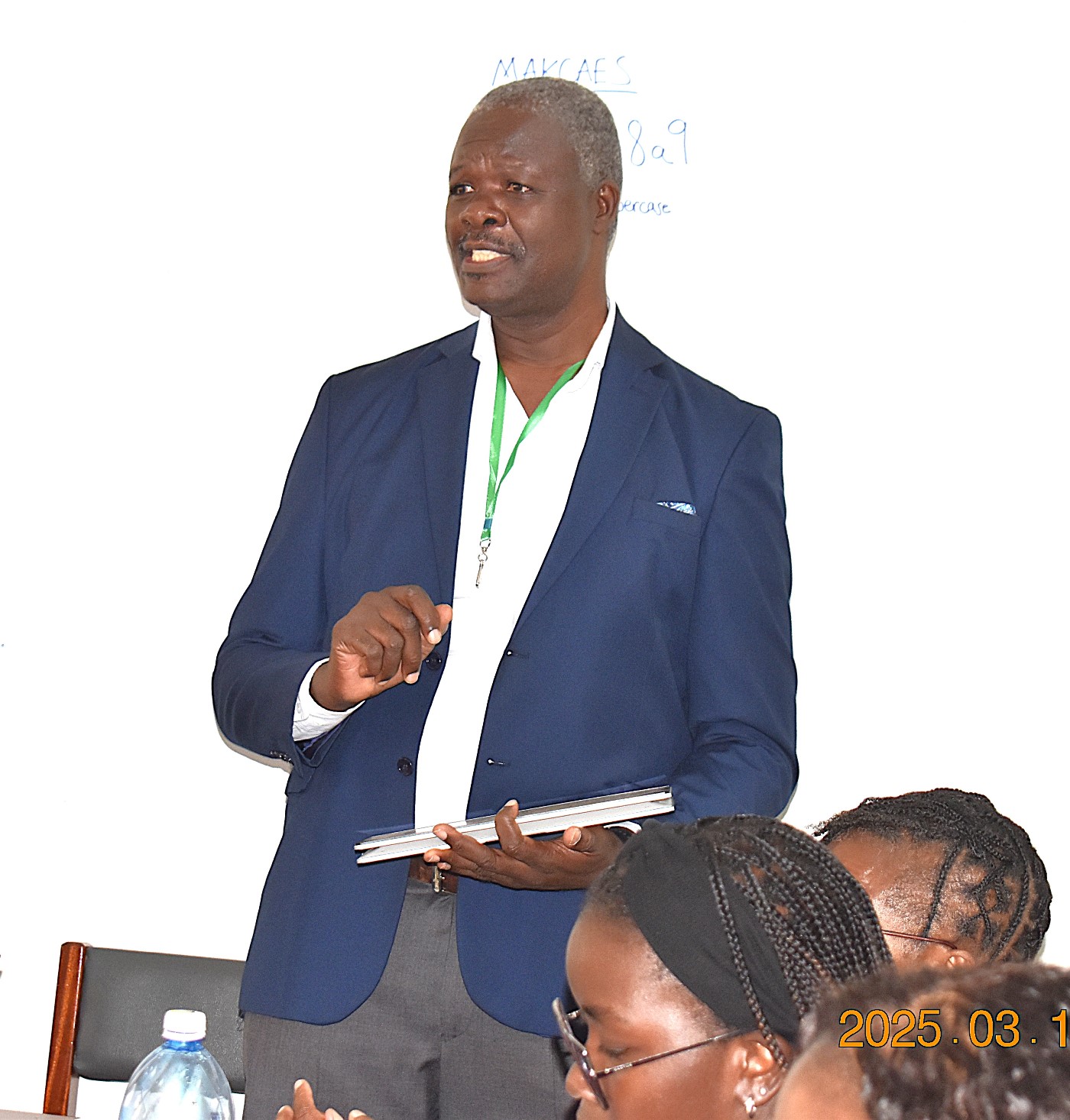
What the ADVALUE Project targets to address
Co-funded by the European Union, the ADVALUE Project—Advancing Sustainable Agricultural Value Chains through Strengthening Trans-disciplinary Skills and Cooperation in East African Doctoral Education—seeks to modernize doctoral education in agricultural and agro-environmental sciences at universities in Uganda and Kenya. This initiative aims to enhance trans-disciplinary skills to promote the development of sustainable agricultural value chains, addressing pressing challenges such as food insecurity, unemployment, and climate change.
Project partners include; Nuertingen-Geislingen University, Germany (NGU); German Institute for Tropical and Subtropical Agriculture (DITSL); Czech University of Life Sciences Prague (CZU); Swedish University of Agricultural Science (SLU); Makerere University, Uganda; Uganda Christian University (UCU); University of Nairobi, Kenya (UoN); Pwani University Kenya (PU); Regional Universities Forum for Capacity Building in Agriculture, Uganda (RUFORUM). Associated Partners: European Alliance in Agricultural Knowledge for Development, Belgium (AGRINATURA); National Agricultural Research Organization, Uganda (NARO); National Council of Higher Education, Uganda (NCHE); Kenya Agricultural and Livestock Research Organisation (KALRO); Ministry of Education Science and Technology Kenya (MoEST). The project PI is Prof. Dr. Heinrich Schüle. In Uganda, the project is coordinated by Prof. John Tabuti.
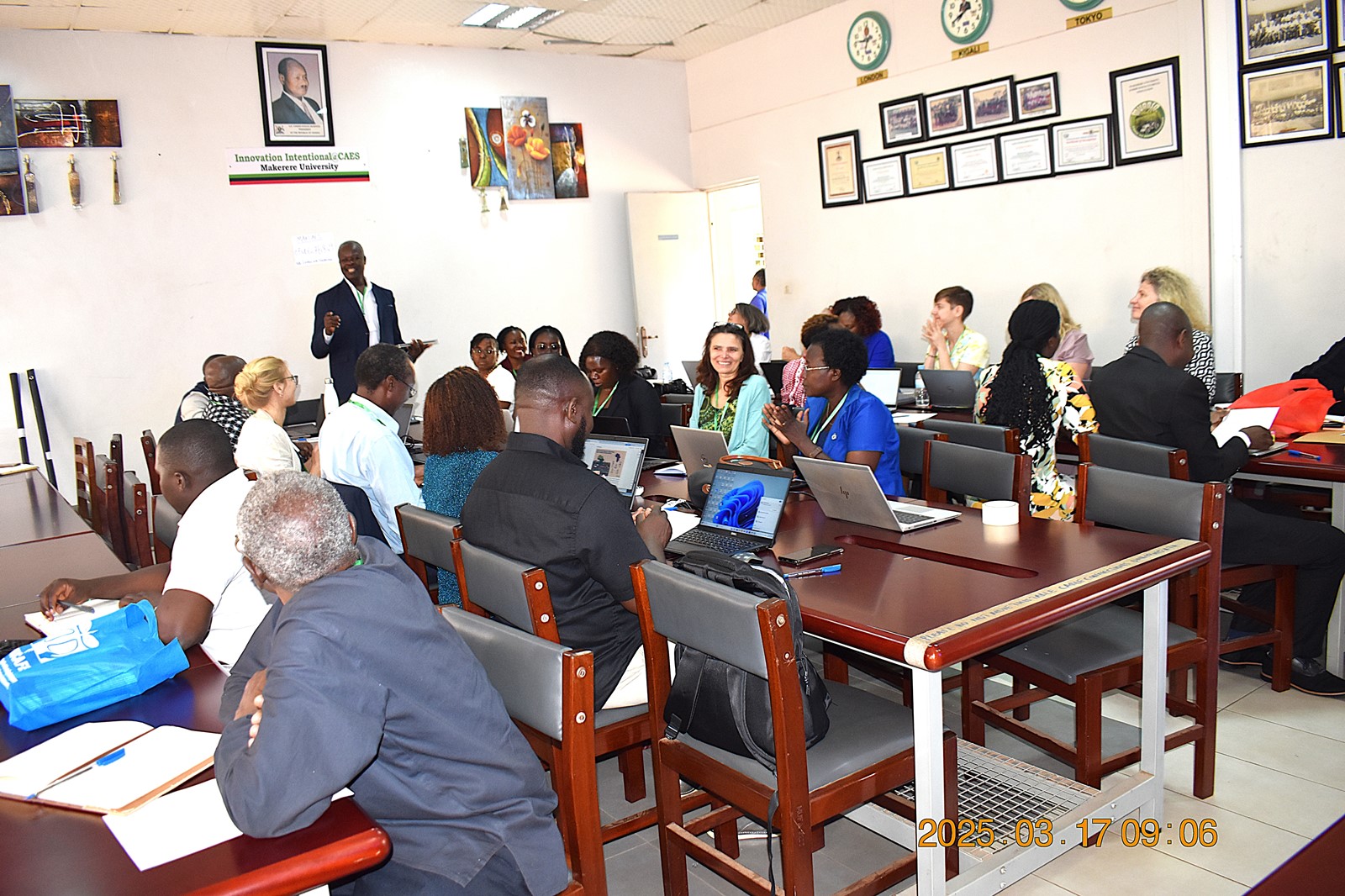
Project objectives
- Develop innovative courses on trans-disciplinary research methodologies and value chain analysis within doctoral programmes.
- Strengthen collaboration with key stakeholders to ensure research is demand-driven and fosters innovation.
- Enhance the expertise of both academic staff and doctoral students.
- Improve quality assurance frameworks and development processes in doctoral education.
To achieve these goals, ADVALUE is developing four modules for PhD students that will be integrated into the curricula of the partner universities in Kenya and Uganda, taking into account the experiences and expectations of local stakeholders and potential future employers. The modules will include topics on scientific work, trans-disciplinary research, rangeland management, and agricultural value chains. The collaboration and exchange between the universities and representatives from the working environment, government organisations and international partners aims to strengthen the career prospects of postgraduate students in East Africa and promote their expertise with regard to the local requirements for achieving the SDGs.
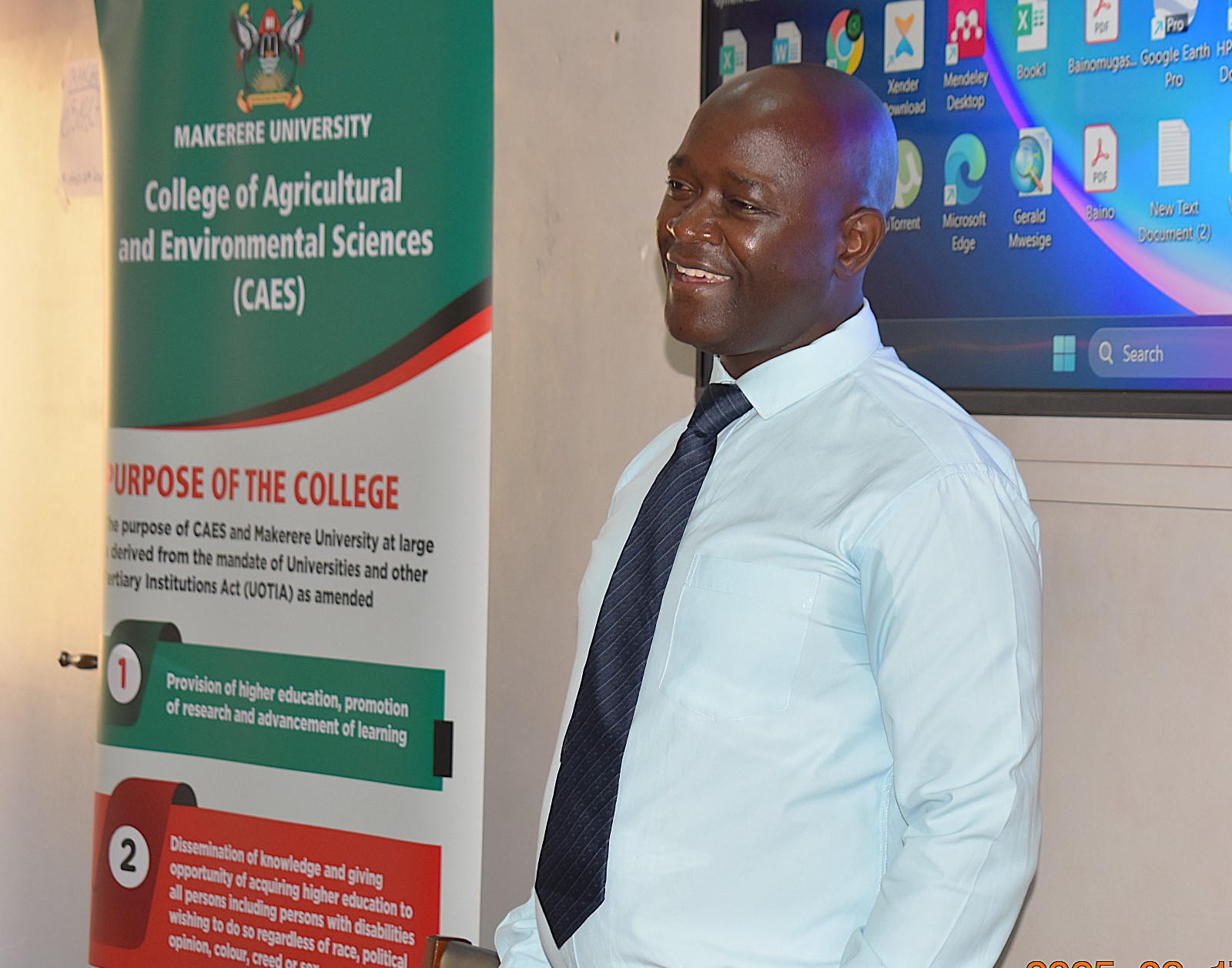
The ADVALUE interim conference
The project team held an interim conference at Makerere University on 17th-19th March 2025 to evaluate the state of PhD education in agriculture, incorporating diverse insights from both European and East African perspectives. The conference brought together academic staff, students, and leaders from partner institutions, associated organizations, and key stakeholders in the Agricultural sector.
The conference aimed to highlight the progress and findings of the project, offering a platform for discussing PhD research on agricultural value chains within higher education institutions (HEIs). A key focus was on trans-disciplinary approaches, as well as fostering dialogue on quality criteria for PhD programs. Additionally, the event served as a formal meeting for the project’s Steering Committee and provided an opportunity for partners to refine their assessments of doctoral education in line with established quality standards and institutional contexts.
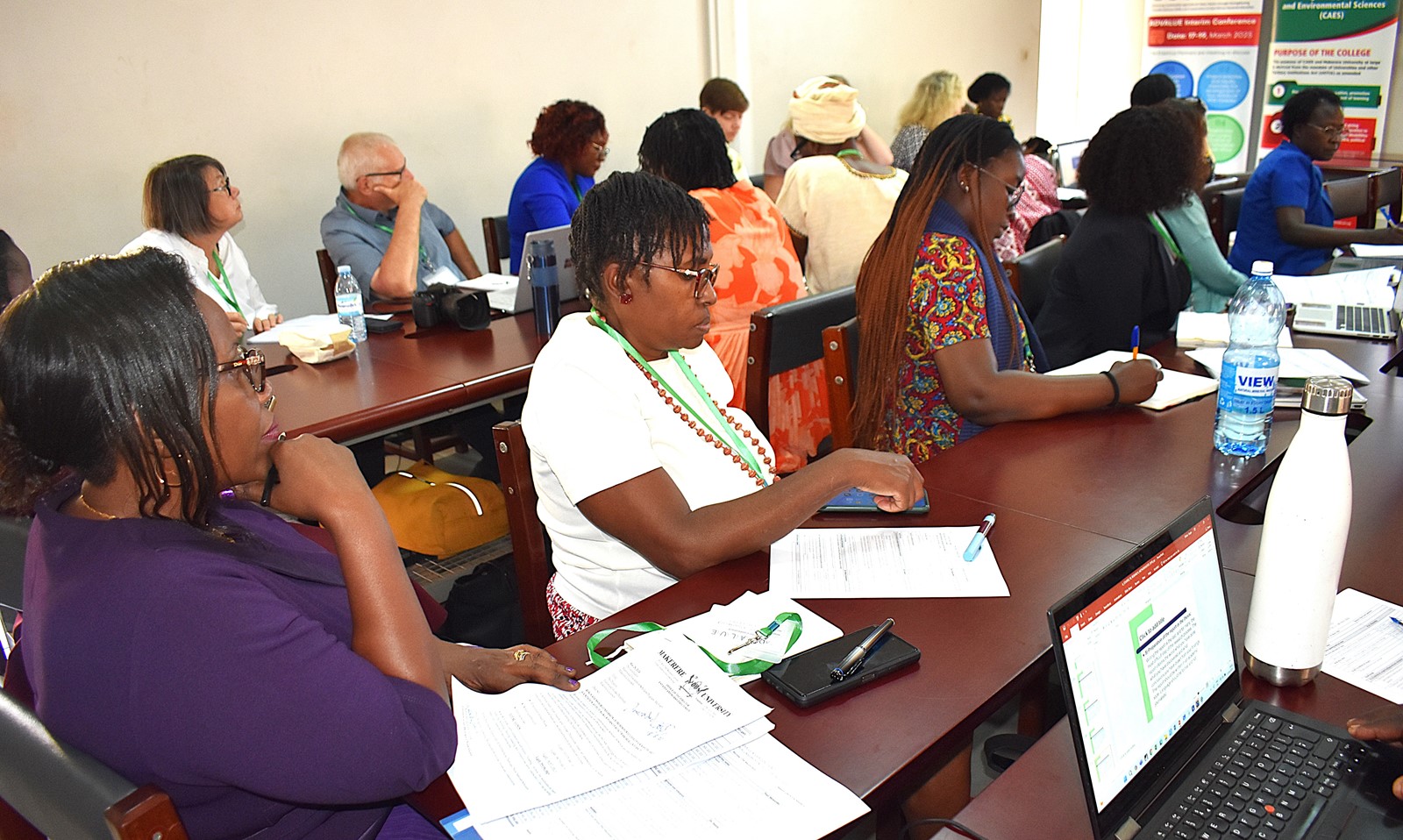
Presentation by Mr. Joseph Nkandu on the Agricultural Value Chains in E.A
In his address on the sustainability of agricultural value chains in East Africa, Mr. Joseph Nkandu, Executive Director of NUCAFE (Uganda’s national umbrella organization for coffee farmers), emphasized the vital role that higher education plays in strengthening and advancing agricultural value chains. He stressed the importance of aligning education with the region’s broader development goals to ensure that future generations of agricultural professionals are equipped with the necessary skills for sustainable growth. “Education must become more practical and closely integrated with the region’s development objectives,” he noted. He praised the initiative, noting that the project would greatly enhance doctoral training at partner institutions, empowering students with advanced knowledge and skills to support and sustain agricultural value chains across East Africa. “The sustainability of Africa’s value chains is essential if we are to meet the demands of the growing population,” he added.
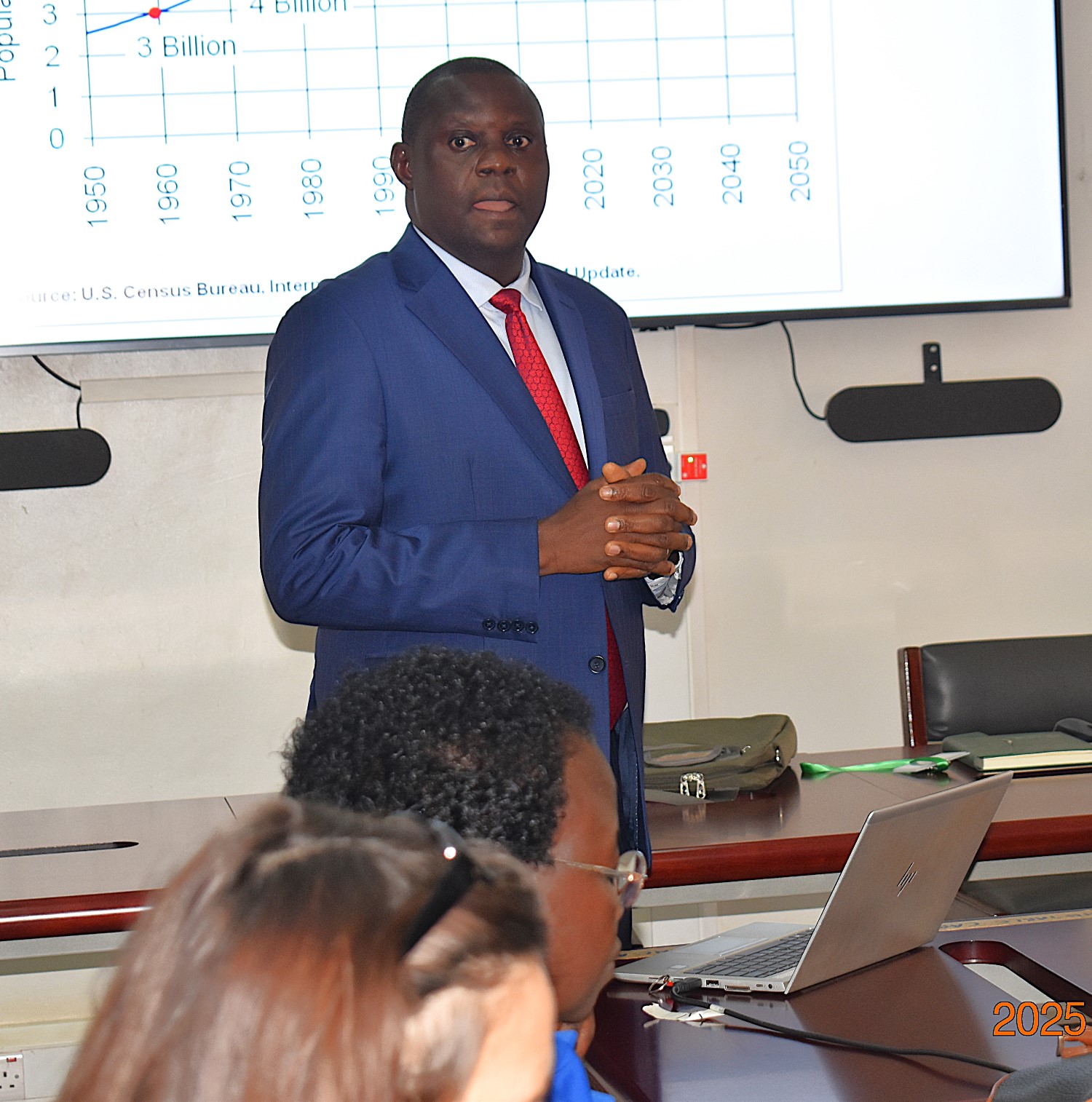
Uganda’s agricultural value chains are a cornerstone of its economy. However, several challenges threaten their sustainability, including climate change, which affects crop yields and water availability; inadequate infrastructure, which hinders market access; limited access to finance for smallholder farmers; land degradation; and insufficient technology adoption. Moreover, pest outbreaks and post-harvest losses further undermine the efficiency and profitability of agricultural systems. Tackling these challenges is essential to improving the sustainability and resilience of Uganda’s agricultural sector.
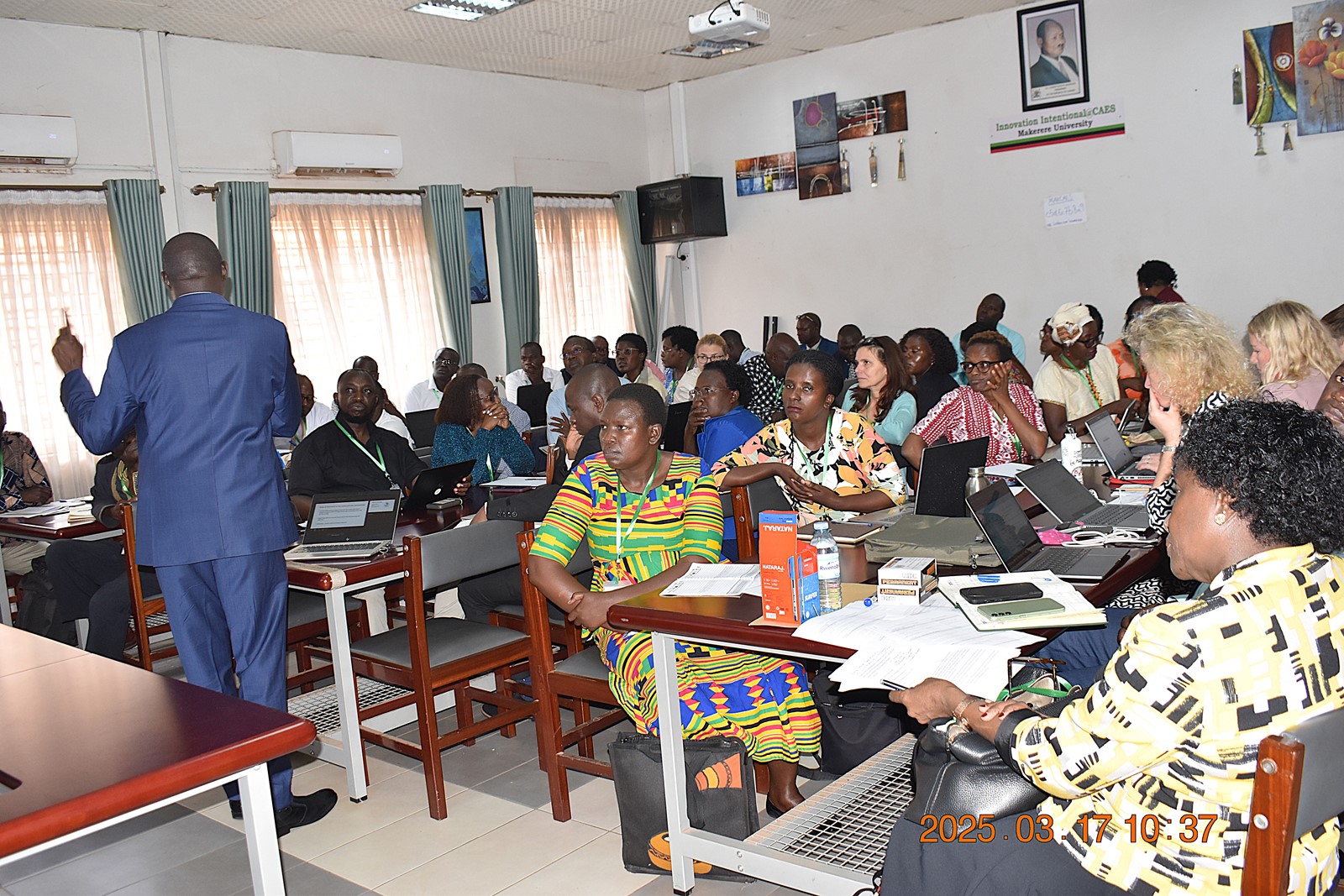
Remarks from NCHE
In her remarks, Prof. Mary Okwakol, the Executive Director of the National Council for Higher Education, emphasized the critical role of doctoral training in driving societal progress. She explained that advanced research and innovation resulting from doctoral programmes not only contribute to academic advancement but also pave the way for ground-breaking discoveries. “These discoveries, in turn, play a pivotal role in shaping and transforming nation-states by addressing pressing challenges, fostering economic growth, and improving the quality of life for communities.” Prof. Okwakol called for continued investment in doctoral education to harness its potential for national development and global competitiveness.
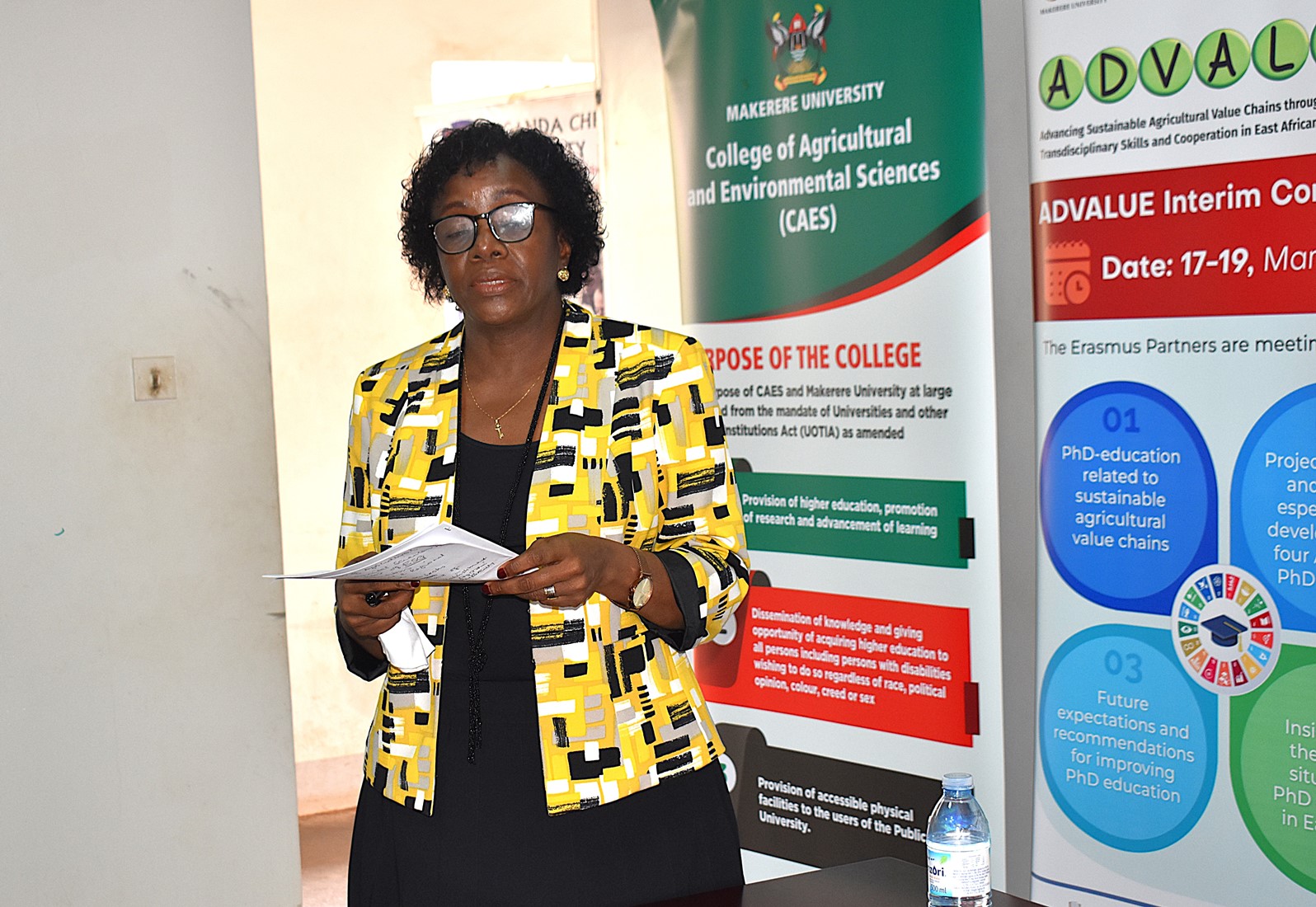
Highlighting the challenges related to Doctoral training, the Deputy Principal of CAES, Prof. Yazidhi Bamutaze, noted that the project was timely and would greatly strengthen the research capabilities of doctoral students, ensuring that their skills are more aligned with current academic and industry needs, ultimately improving the overall relevance and impact of their research outputs. “As Makerere University strives to become a research-intensive institution, the importance of collaboration cannot be overstated. This project will make a substantial contribution to this goal.”
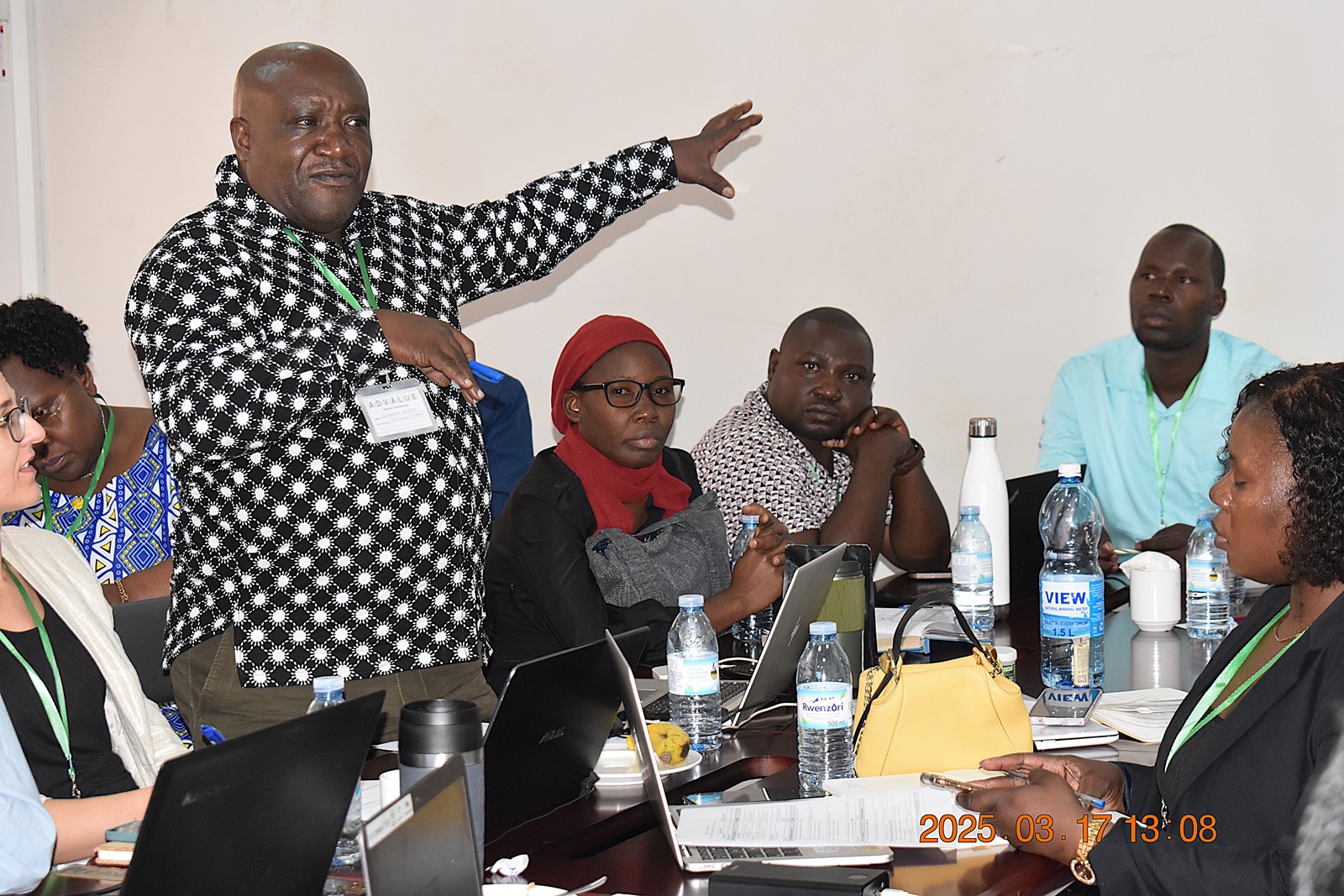
Engagement with smallholder farmer in Matugga
During the conference, the project team had the opportunity to visit the farm of Mr. Sam Mpiira, a dedicated smallholder farmer located in Matugga, within Nansana Municipality. The visit allowed the team to gain first-hand insight into Mr. Mpiira’s farming practices, observe the challenges he faces, and better understand the impact of various agricultural initiatives in the region. This experience was an important part of the conference, as it provided a real-world context to the discussions on smallholder farming and rural development.
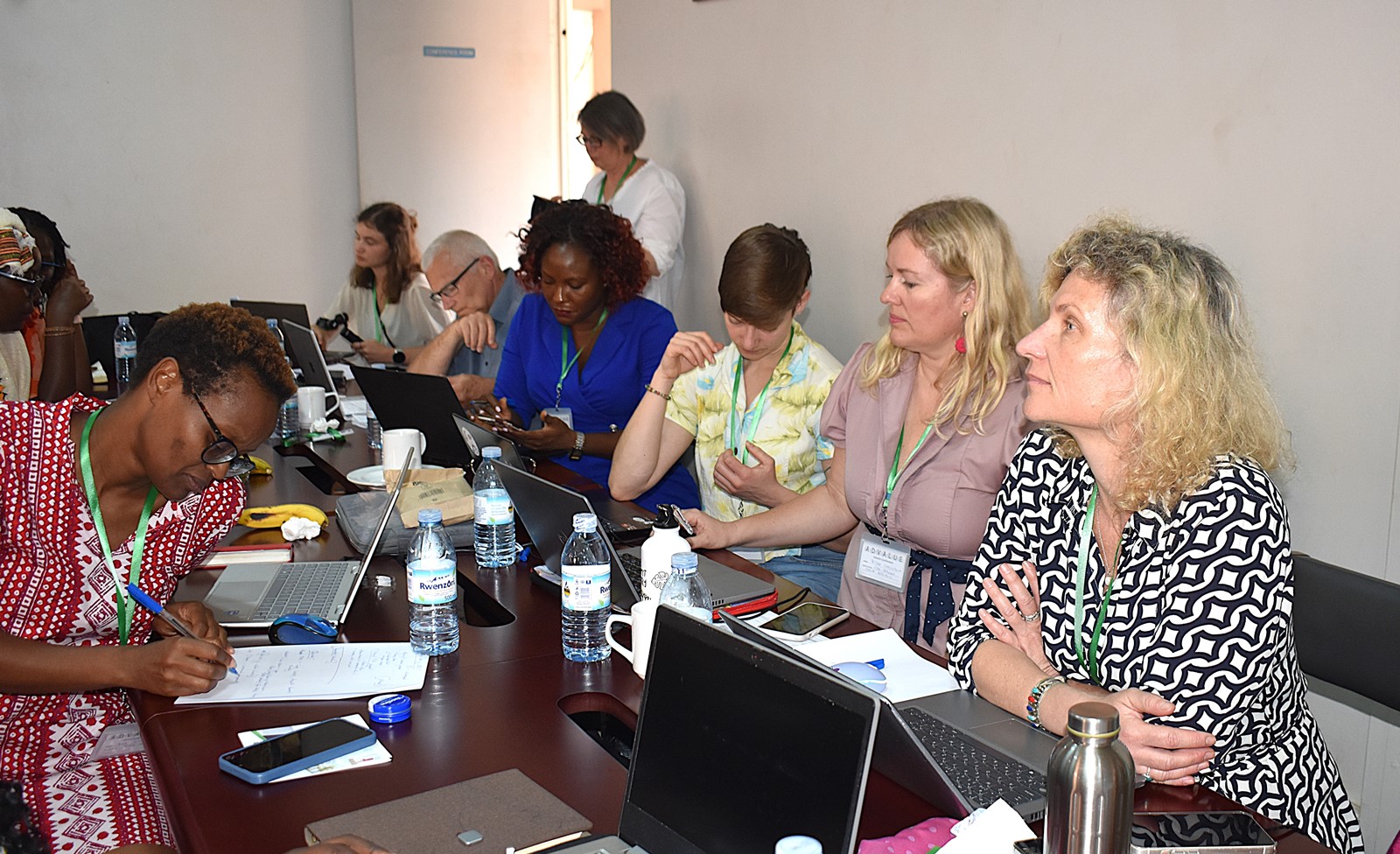
Key Issues Arising from the Workshop
- Overemphasis on theoretical science: While science is extensively studied, its practical application remains problematic.
- Outdated supervision: Many PhD supervisors are not up-to-date with current research trends. There is a need for educational frameworks that align with the latest development agendas.
- Technician mentality among graduates: A significant number of PhD graduates tend to think like technicians rather than innovators. Many struggle to apply the knowledge they’ve acquired and lack the ability to think creatively.
- Lack of innovation: There is a notable absence of innovation among doctoral graduates, which hinders progress.
- Evolving skillsets in value chains: There is an urgent need to address the changing skillsets required across different value chains.
- Unrealistic PhD programme durations: The prescribed durations for PhD programmes are often unrealistic and fail to reflect the complexity of the research process.
- Competing priorities: The multiple demands on students’ time hinder their ability to complete doctoral studies in time.
- Financial barriers: Limited funding continues to undermine the success and sustainability of doctoral training programmes.
- Lack of student commitment: Some doctoral students exhibit a lack of commitment and dedication to their studies, impacting their success.
- Negative student attitudes: Students often display an underestimation of the role and guidance of their supervisors, which affects their academic progress.
- Inadequate research facilities: Limited access to essential research facilities hampers the quality of doctoral research.
- Weak analytical skills: Many doctoral students lack the necessary analytical skills to perform at the required level of their academic discipline.
- Gender-based challenges: Gender roles negatively impact the performance and progression of female doctoral students, limiting their academic potential.
- Supervisory workload: Excessive workload on supervisors affects the quality and effectiveness of their mentorship.
- Need for relearning in value chains: Achieving sustainability in value chains demands continuous relearning and adaptation.
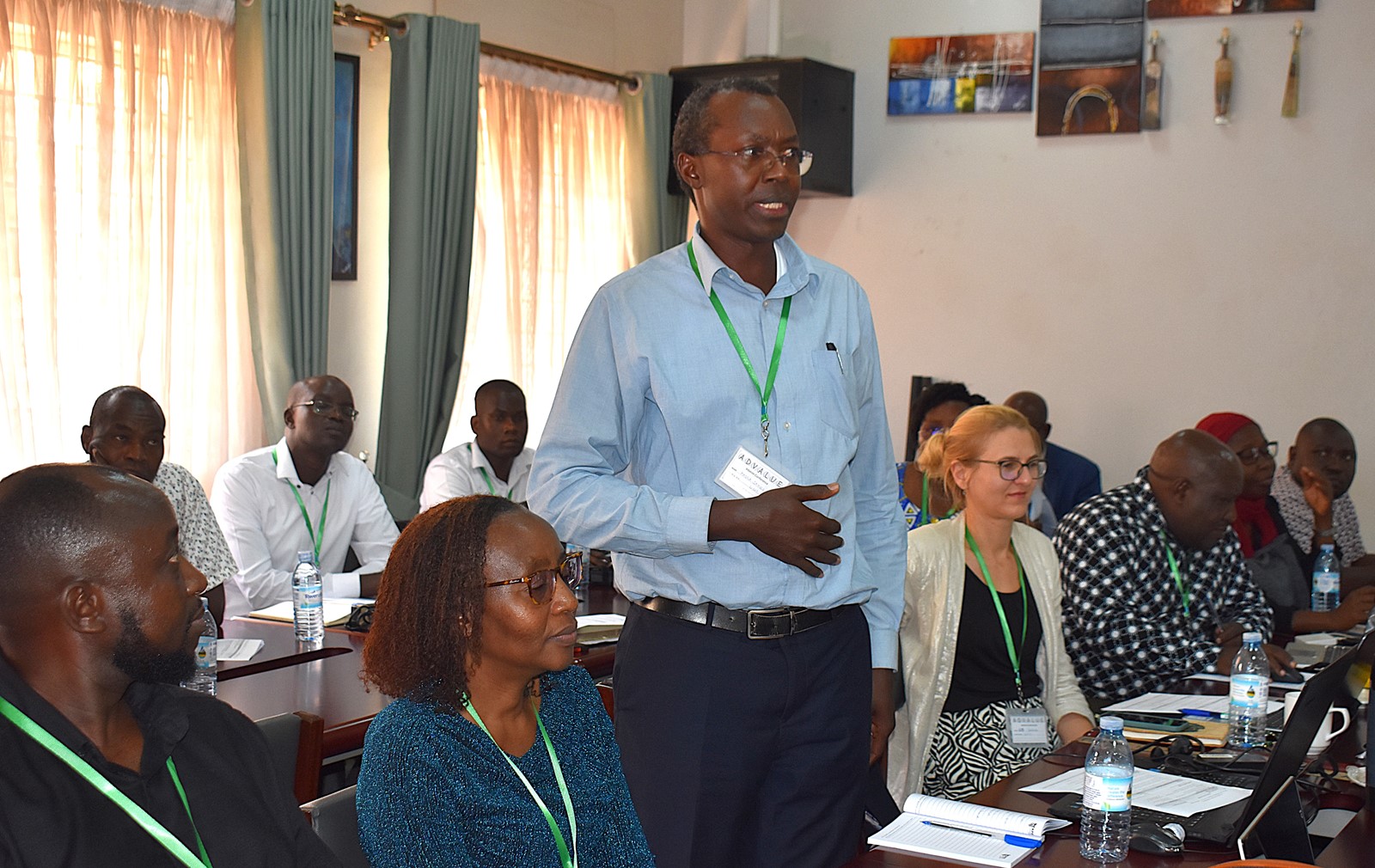
Recommendations
- Dedicated study leave: Doctoral students should be granted leave from other responsibilities to focus fully on their research.
- Creating research spaces: Institutions must create dedicated, conducive workspaces for doctoral students to foster collaboration and focus.
- Increase funding opportunities: More scholarships and financial support should be made available to PhD students to ease financial barriers.
- Research-oriented supervision: Supervisors must establish and maintain active research agendas to ensure they remain relevant and effective in guiding students.
- Strengthen institutional collaboration: Encouraging greater collaboration between Higher Education Institutions can foster exchange of ideas and resources to enhance doctoral research outcomes.
Photos from conference activities
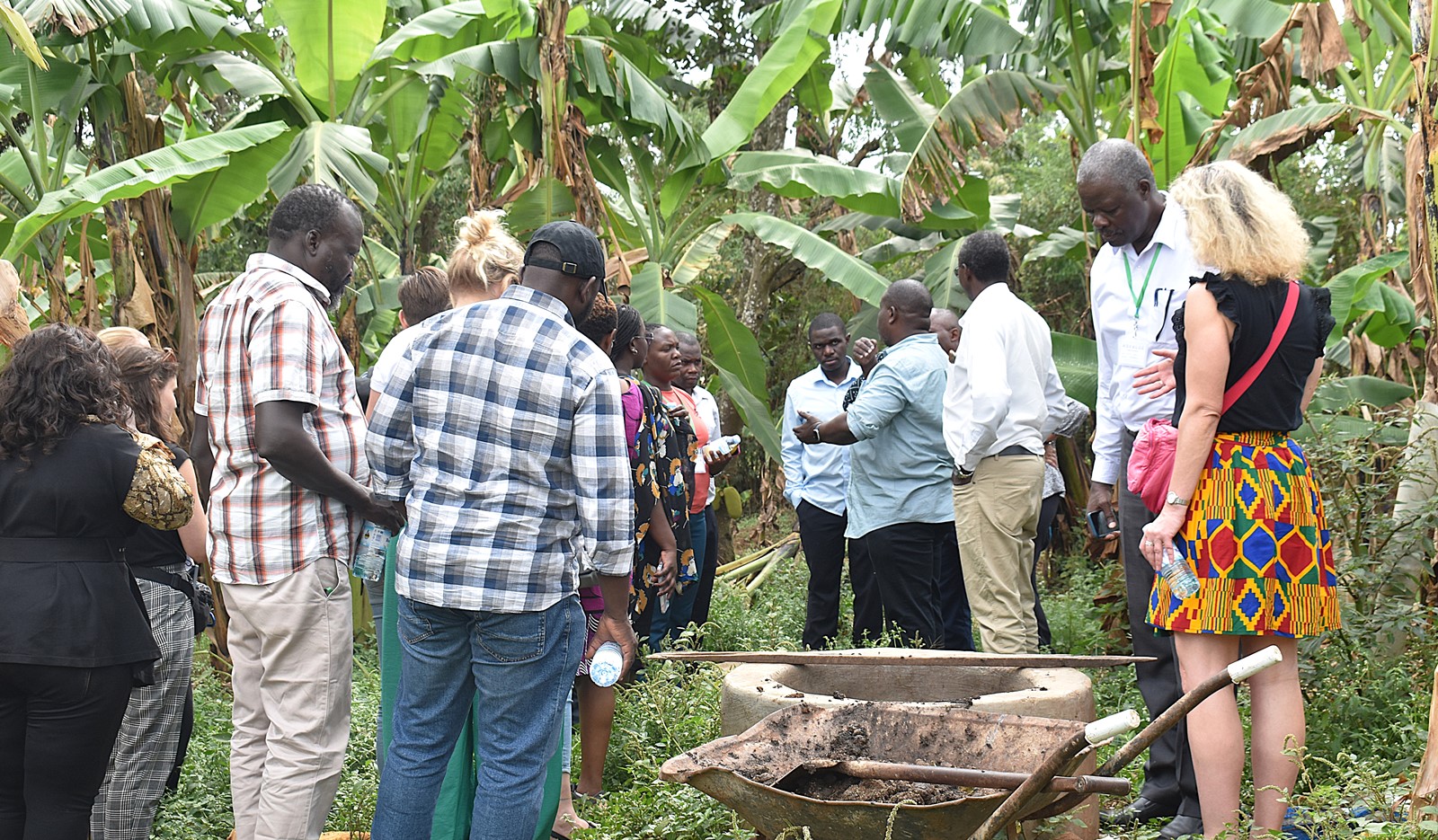
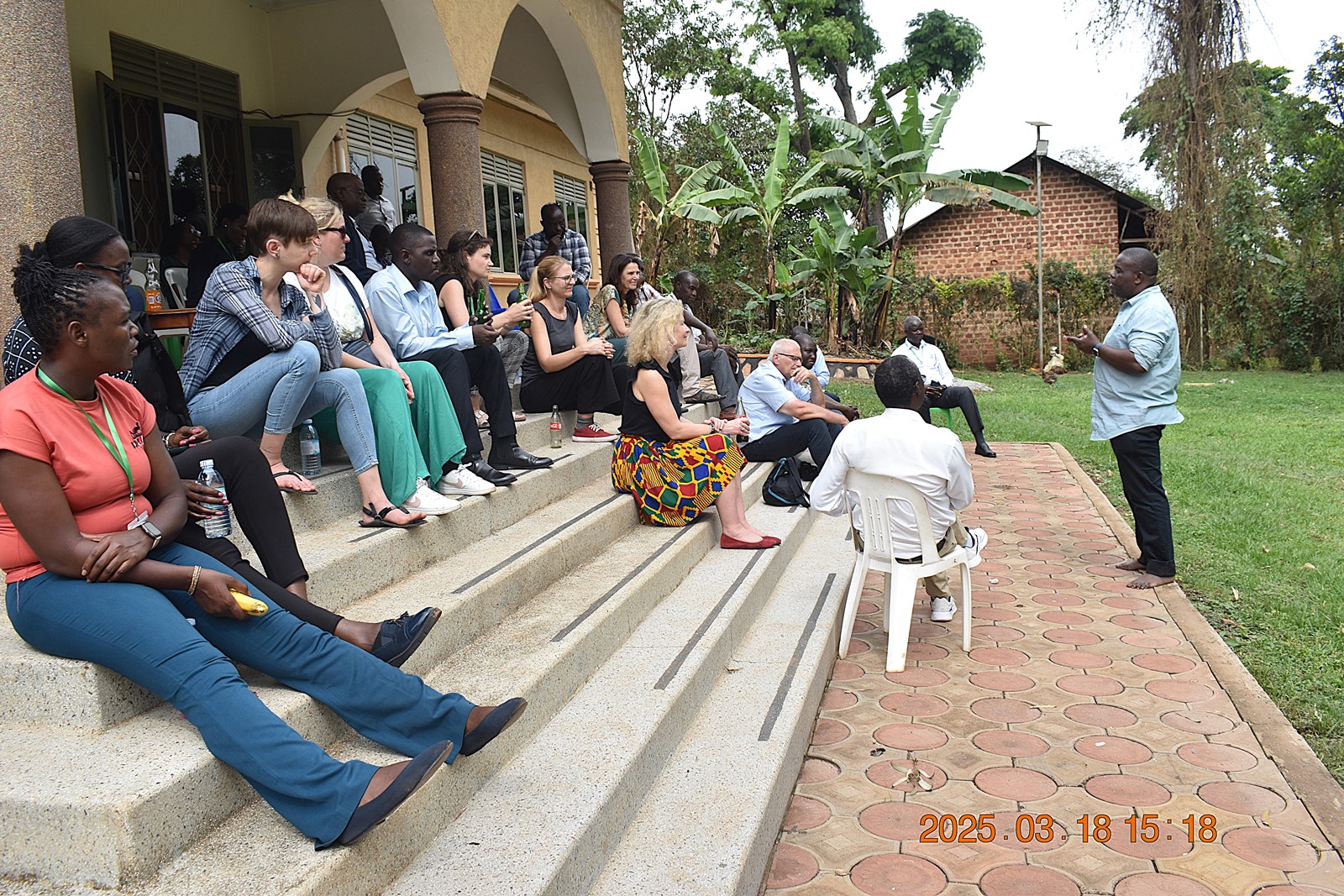
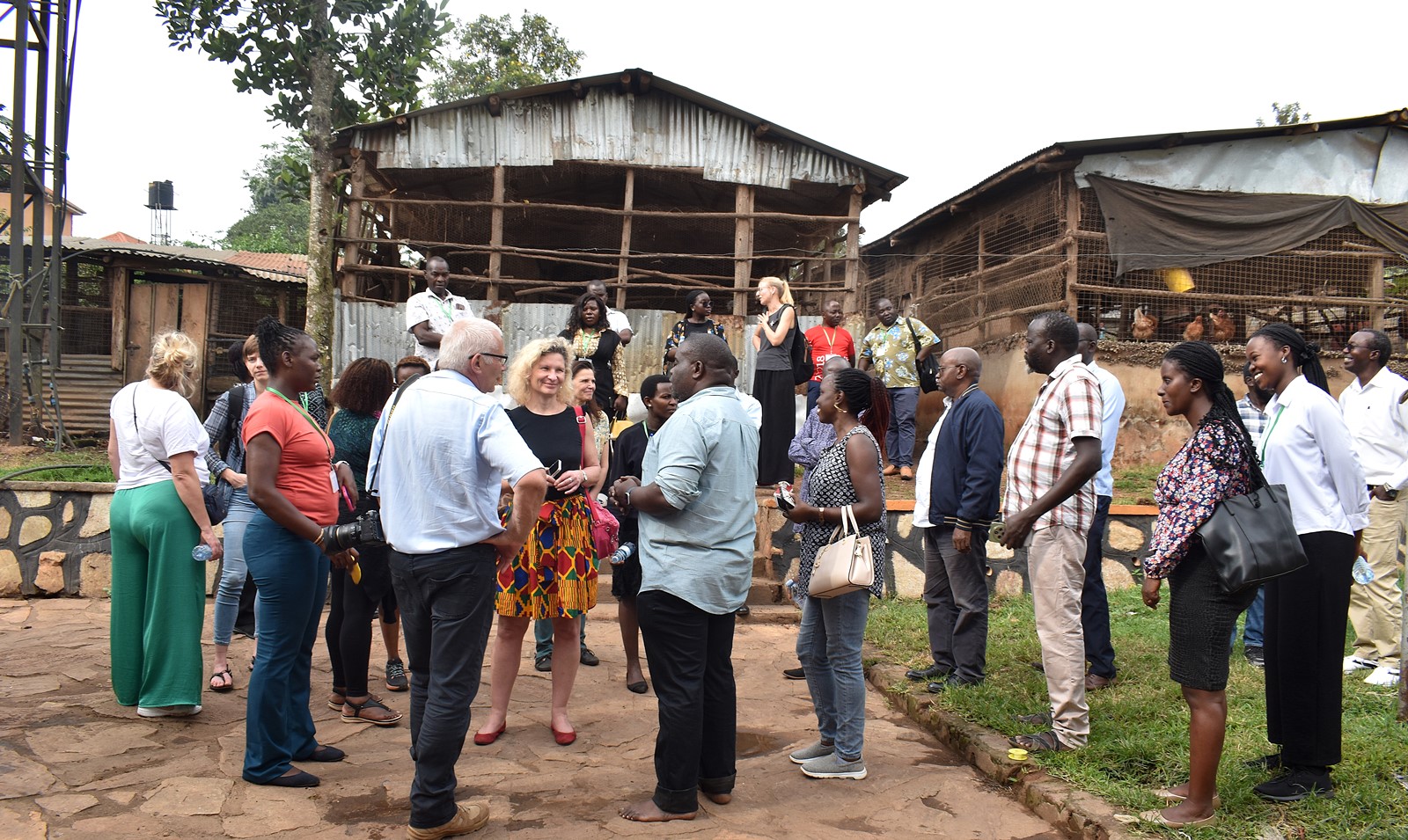
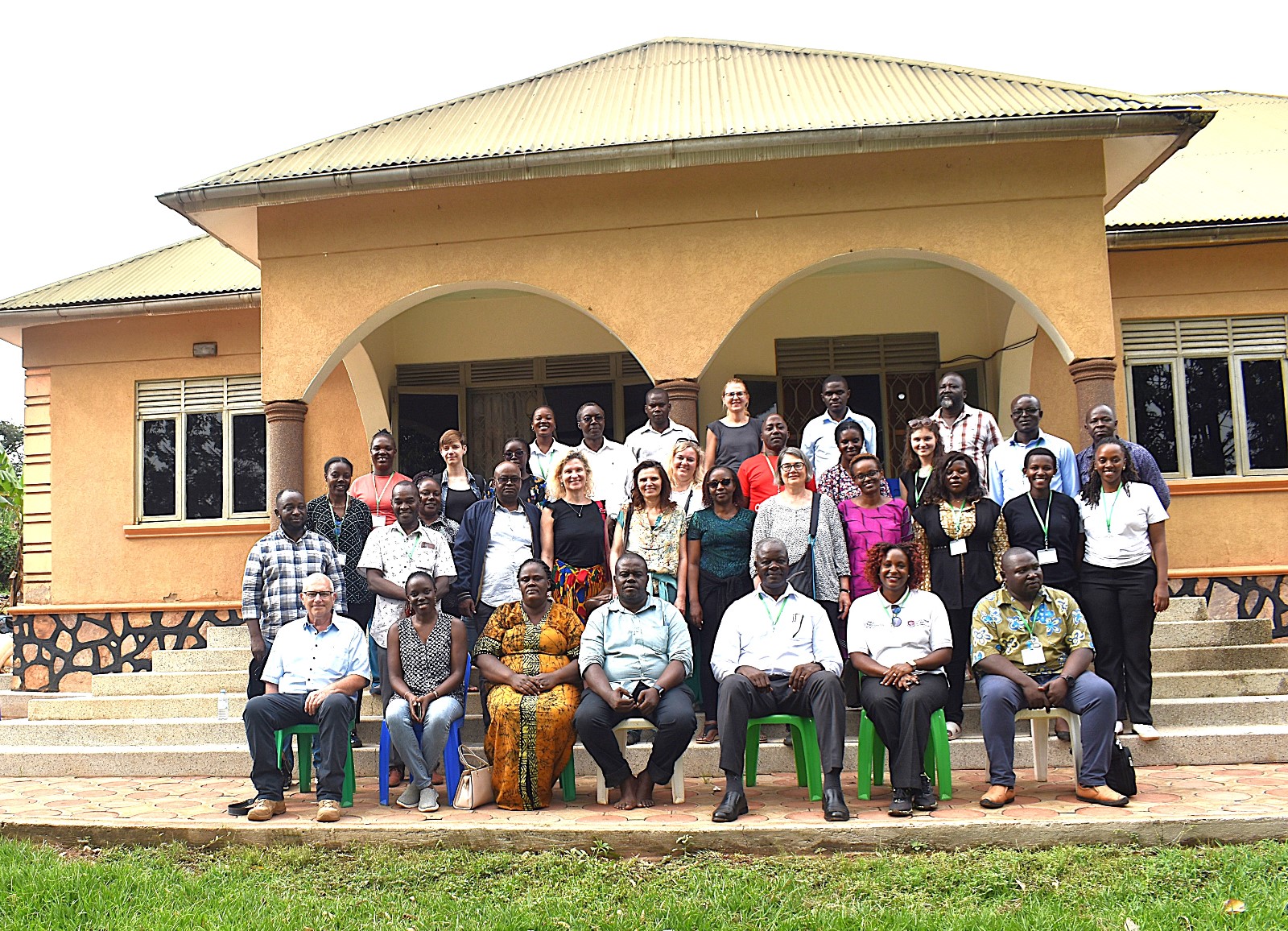
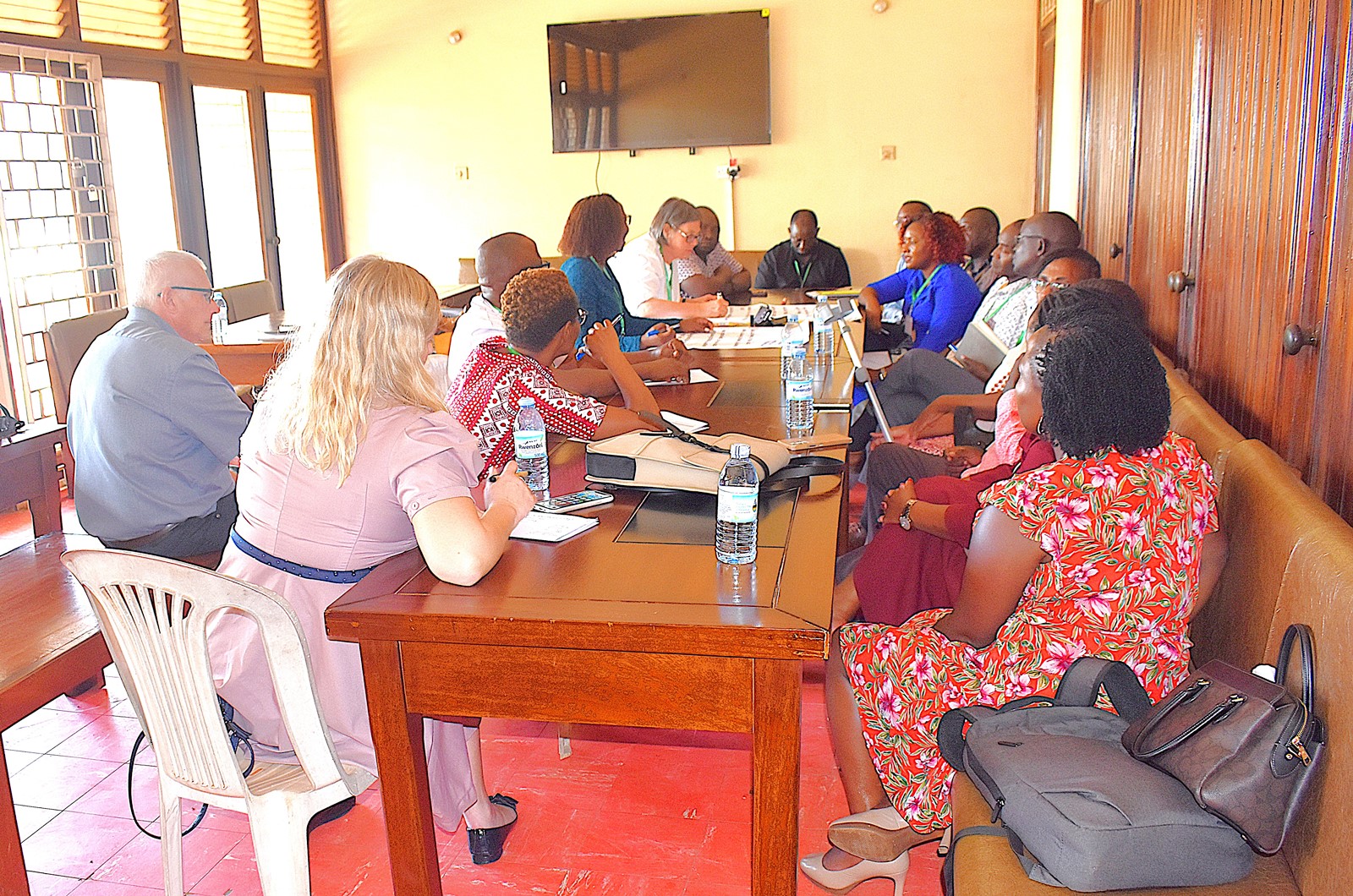
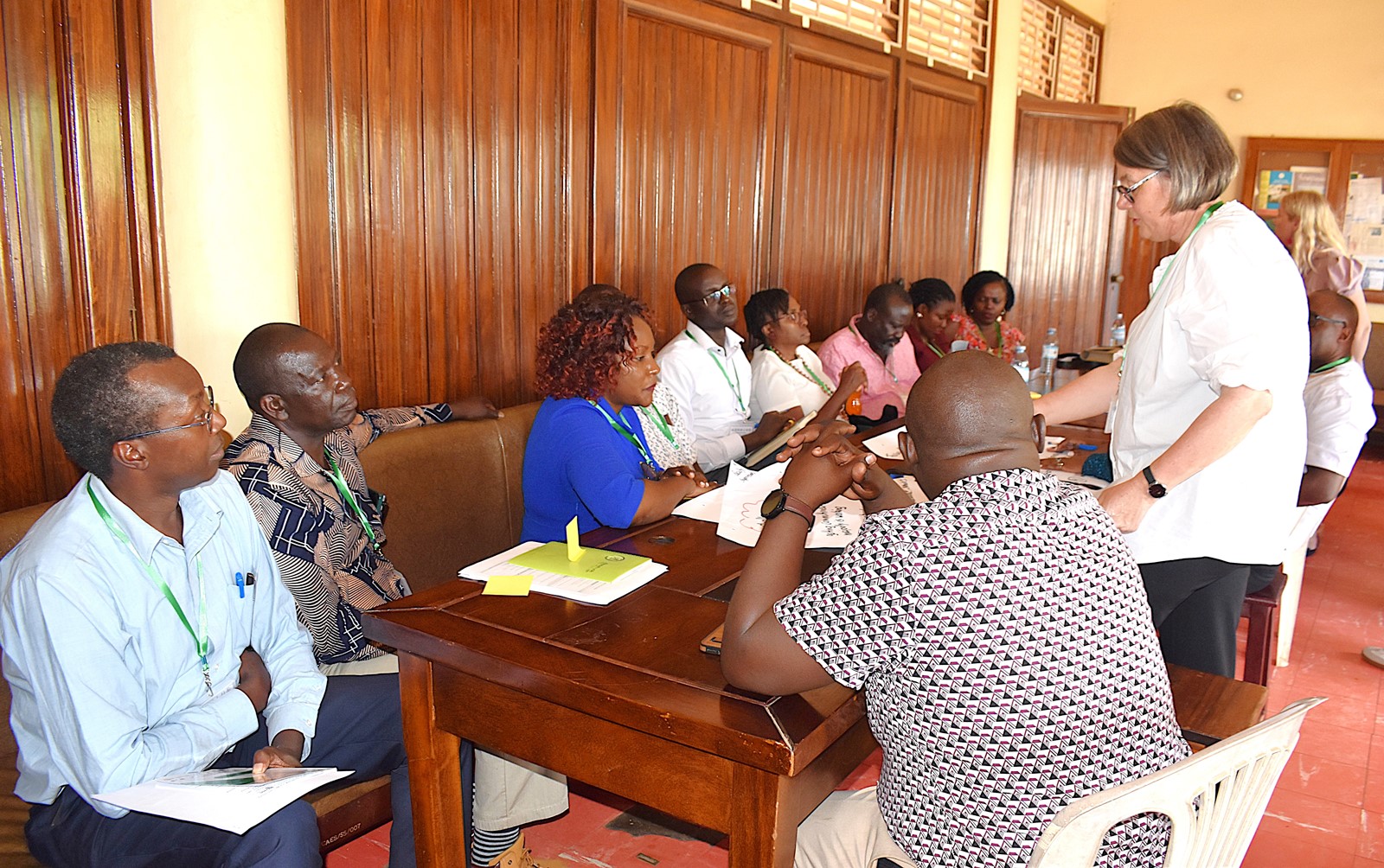
More photos at:
https://drive.google.com/drive/folders/1cZwlLXt5YBWoeMfO0wVbdva0NLIQ5sHr
https://drive.google.com/drive/folders/107GJR6nCZJwKjmfrwveGXw7As2AhAQWt
You may like
-


Simplicity, Service & Scholarship: Hallmarks of Professor Livingstone Luboobi’s Legacy
-


EfD-Mak Holds 2nd Advisory Board Meeting: Charts Path for Growth
-


Public University Legal and Accounting Officers Trained on Governance and Compliance
-
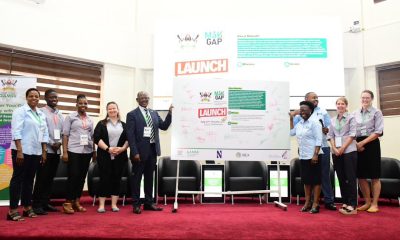

Launching The MakGAP
-


Celebrating the Life of Prof. Livingstone Sserwadda Luboobi
-


Fare Thee Well Prof. Luboobi
Agriculture & Environment
Mak Moves to Revitalize Food Technology & Business Incubation Centre to Drive Innovation & Entrepreneurship
Published
5 days agoon
July 14, 2025By
Mak Editor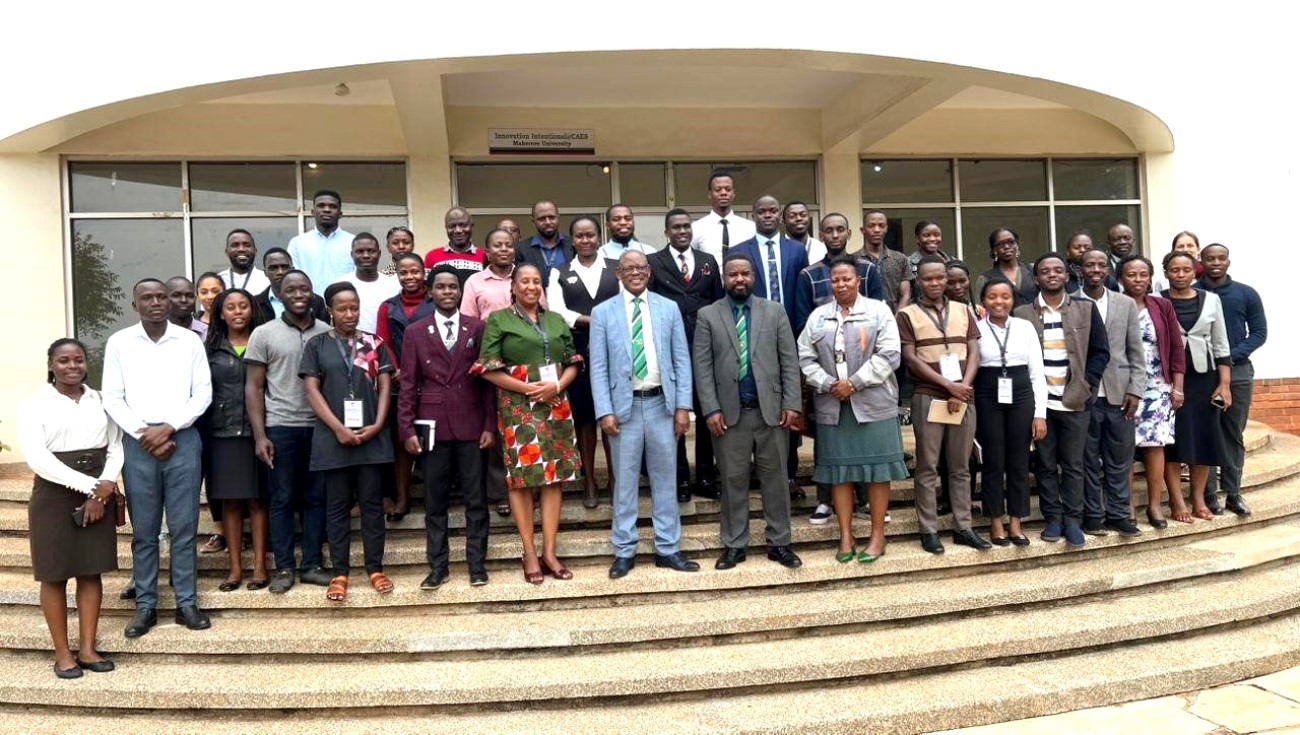
By Ssembogga Derrick
Makerere University marked a significant milestone on Thursday, 10th July 2025, with the launch of the revitalization programme for the Food Technology and Business Incubation Centre (FTBIC). This initiative is poised to position the FTBIC as a national hub for food innovation, student enterprise development, and agro-industrial transformation.
Hosted under the School of Food Technology, Nutrition and Bioengineering (SFTNB) at the College of the Agricultural and Environmental Sciences (CAES), the revitalization of the FTBIC is intended to bridge the gap between academia and industry. “We aim to achieve this by supporting food-based start-ups, enhancing graduate entrepreneurship, and promoting the commercialization of research,” Dr Julia Kigozi, Dean, SFTNB explained. The project receives critical funding from the Makerere University Research and Innovations Fund (MakRIF), which consistently supports innovation and research-based development at the university.
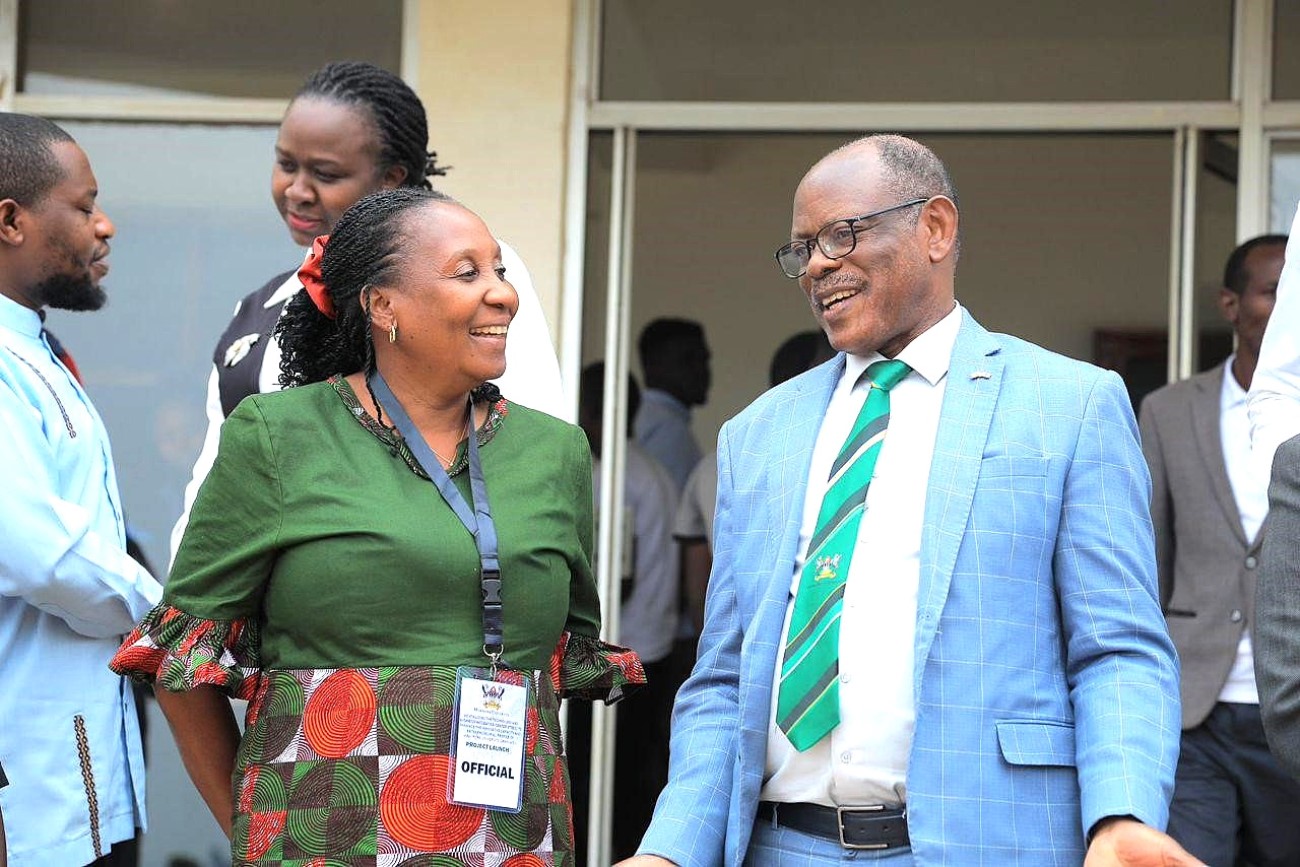
Unveiling a New Strategic Vision
The event, held under the theme “Revitalizing FTBIC to Unlock Innovation and Entrepreneurship Potential among Makerere University Graduates”, marked the official launch of the Centre’s revitalization programme to key stakeholders. It featured the presentation of FTBIC’s new strategic vision and direction, highlighting the commitment of the institution and its partners to fostering graduate entrepreneurship and innovation in food systems. The event also aimed to raise awareness of the Centre’s crucial role in supporting industry, research, and national development.
Participation of stakeholders
The launch attracted a vibrant and diverse audience of over 50 participants. Among the attendees were student representatives; partners from other incubation centers both within and outside Makerere University, including MIIC, UNIPOD, and DGI; as well as representatives from national innovation stakeholders such as Uganda Industrial Research Institute (UIRI) and StartHub Africa.
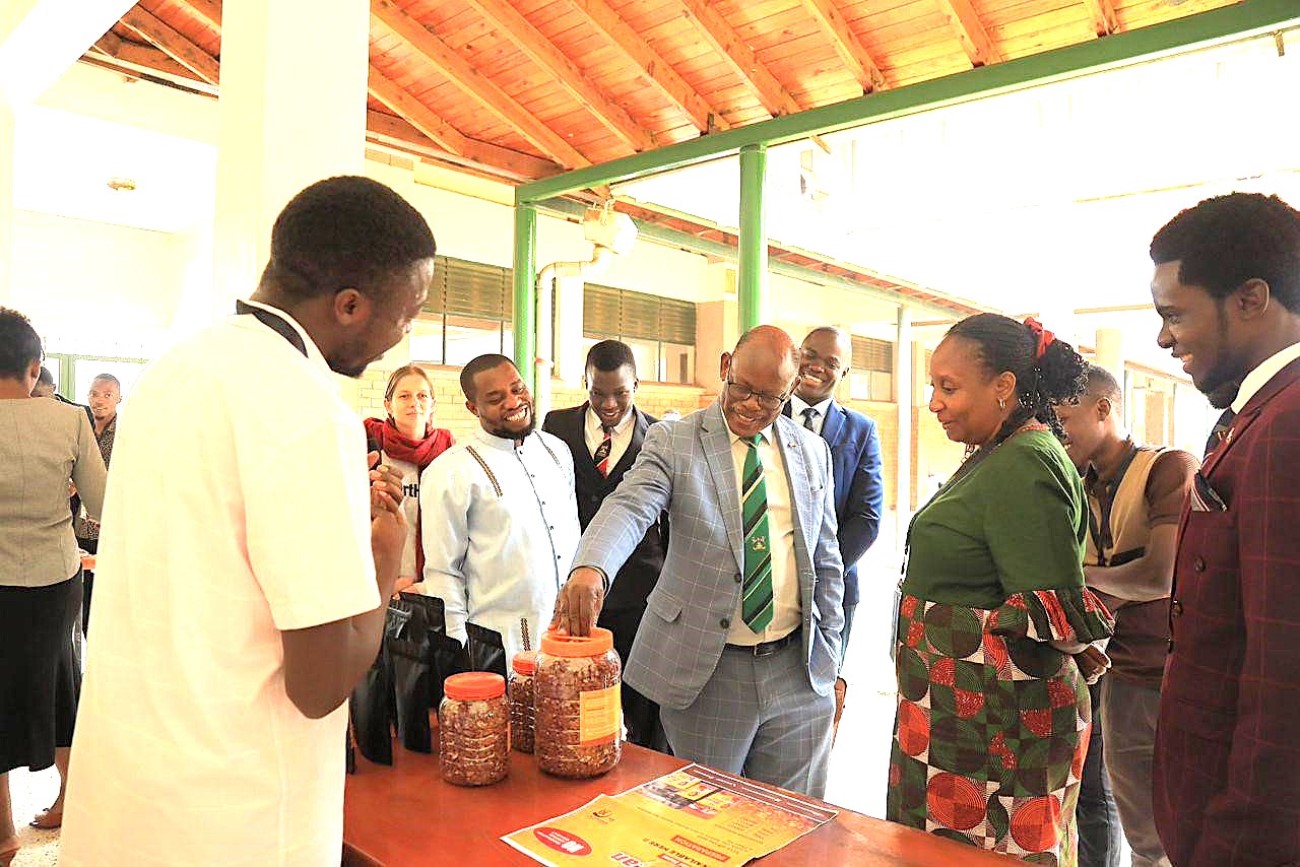
Most notably, the event was honored by the presence of the Vice Chancellor of Makerere University Prof. Barnabas Nawangwe. The Vice Chancellor commended the revitalization efforts, acknowledging the Centre’s immense potential to incubate hundreds of food-based start-ups and create employment opportunities for thousands of graduates. “The Centre is now well-positioned to become a flagship platform for innovation, employment creation, and agro-industrial development in Uganda and beyond. Makerere University remains committed to supporting such initiatives that align with national priorities and global development goals.”
The event featured the unveiling of the operational framework for the revitalized Centre, highlighting its commitment to innovation, entrepreneurship, and practical graduate training. Stakeholders in attendance expressed enthusiasm and pledged support for future collaboration, research, and product development initiatives aligned with national development priorities. The event also provided a platform to deepen partnerships with private sector actors and development organizations, reinforcing confidence in the Centre’s potential to serve as a national model for university-led incubation.
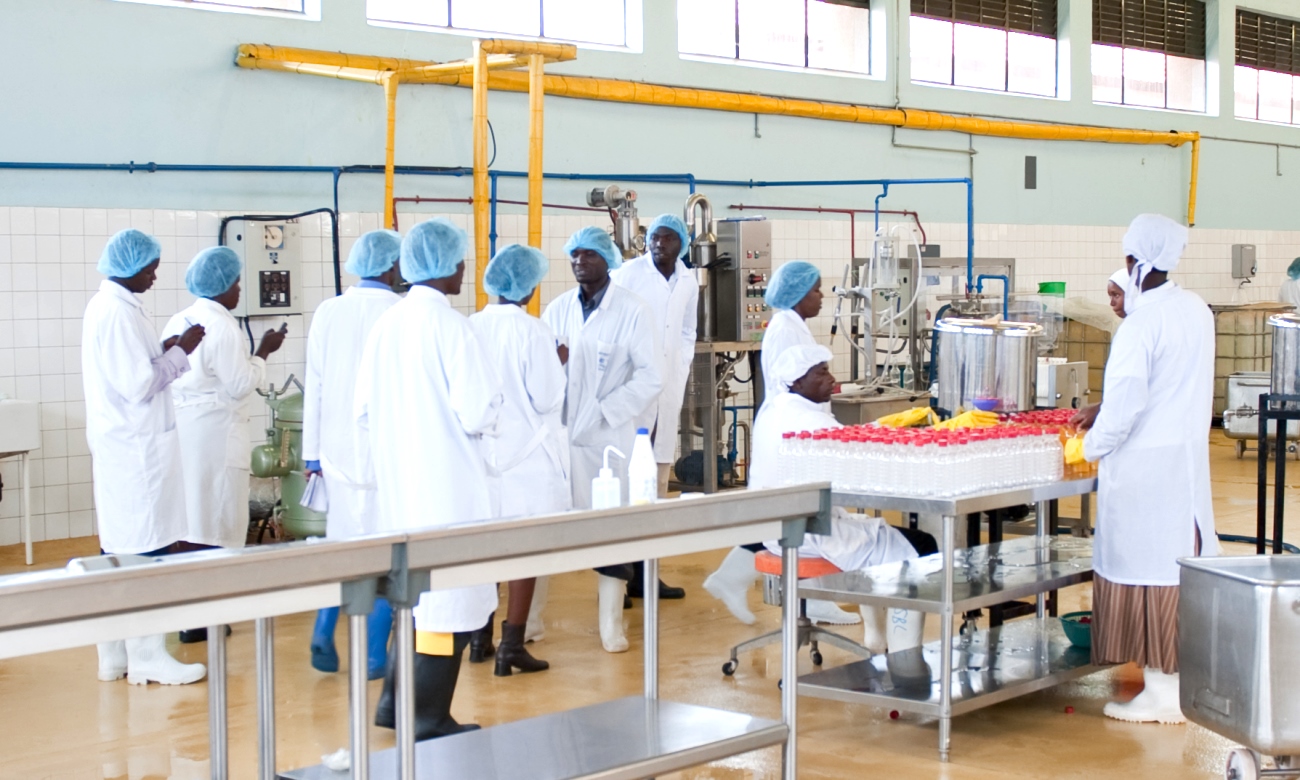
Agriculture & Environment
SophiA Project Upgrades Medical Infrastructure at Buvuma Health Centre IV, Trains Technicians for Maintenance Works
Published
1 week agoon
July 9, 2025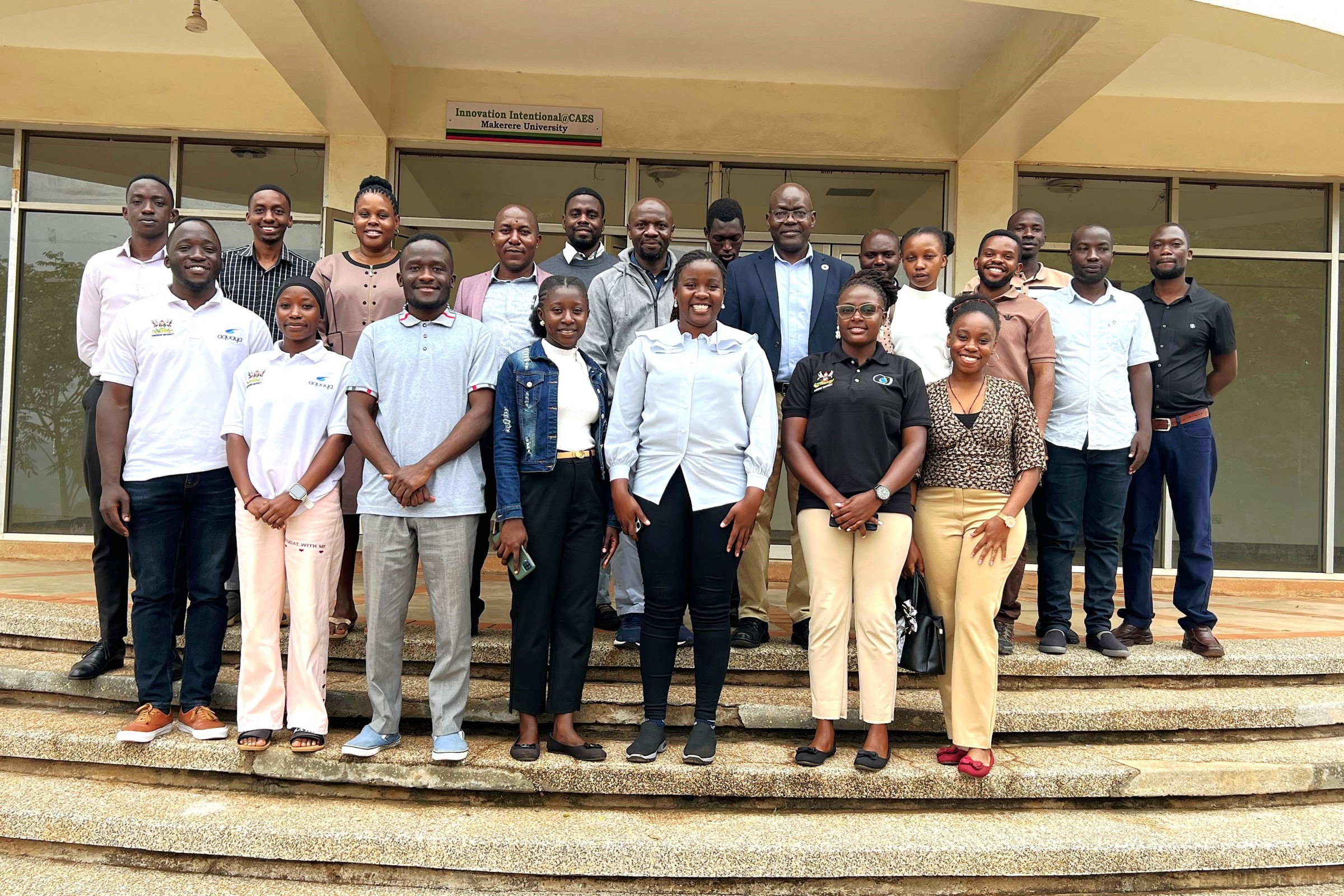
Overview of the Sustainable Off-Grid Solutions for Pharmacies and Hospitals in Africa (SophiA) Project
Despite ongoing urbanization across Africa, the majority of the population still resides in rural and remote areas, where infrastructure development remains limited. These regions face significant challenges such as lack of access to healthcare, education, clean water, and reliable electricity, contributing to higher rates of illness and poverty compared to urban centres. According to reports, Sub-Saharan Africa has approximately 120,000 public health facilities (22,000 hospitals and 98,000 health posts), of which around 26% lack any electricity access, and only 28% have reliable power supply.
Access to good healthcare is critical for sustainable development. However, many rural medical centres operate under harsh conditions – using polluted water, lacking cooling for medicines, and facing poor sanitation – largely due to unreliable electricity and water supply. Although half of the population in Sub-Saharan Africa lacks electricity, the region has abundant renewable energy potential that can be effectively harnessed through off-grid solar photovoltaic (PV) systems.
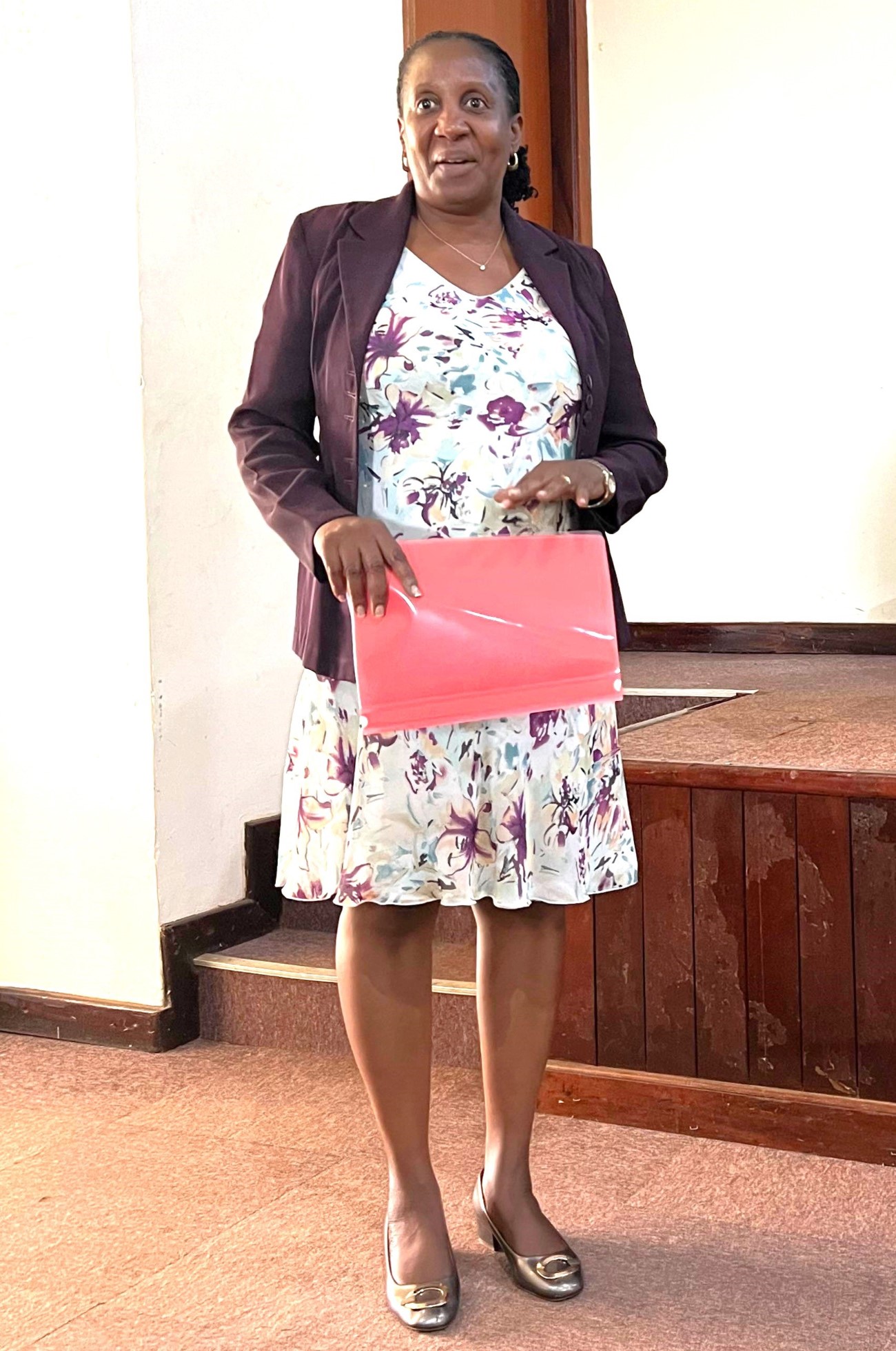
To address the above-mentioned challenges facing the African Continent, Makerere University in partnership with 13 organizations across Europe and Africa developed a project titled, “Sustainable Off-grid solutions for Pharmacies and Hospitals in Africa (SophiA)”. The five-year project that began on 1st October 2021 is funded by the European Union (Project: 101036836 – SophiA – H2020-LC-GD-2-3-2020). At Makerere University, the project is coordinated by Dr. Nicholas Kiggundu, Associate Professor in the Department of Agricultural and Biosystems Engineering, College of Agricultural and Environmental Sciences (CAES).
Piloted in Burkina Faso, Cameroon, Malawi, and Uganda, SophiA aims to provide sustainable off-grid energy solutions to rural and remote health facilities, fostering economic growth and ensuring equitable access to energy and healthcare. Using various technologies, such as photovoltaics, solar thermal, electrical and thermal storage, water treatment and natural refrigerants with low global warming potential, SophiA has developed and manufactured locally innovative, modular, affordable and efficient solar powered systems for providing:
- Safe and clean drinking water, free of bacteria and viruses, and deionised water for medical purposes;
- Hot water and steam production for thermal requirements of the hospitals;
- Cooling of medicines and food at +5°C;
- Low temperature storage of blood plasma and vaccines at -30°C;
- Ultra-low temperature storage of sensitive medication (e.g. some Covid-19 or Ebola vaccines) at -70°C.
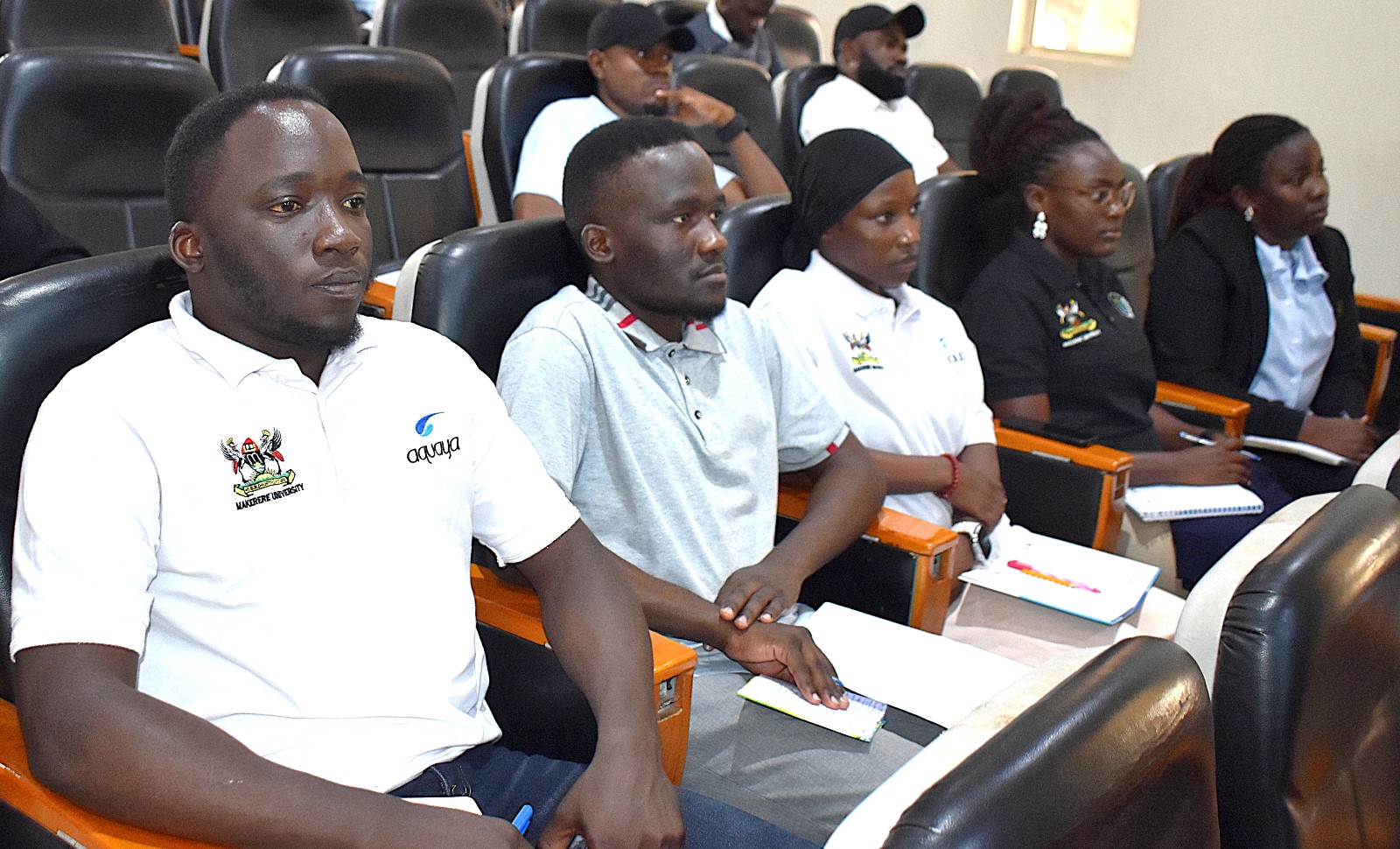
In addition, PV MedPort, a simple and 100% solar-powered solution has been developed and tested as a mobile health care station in small remote areas in 4 different geographical conditions in Africa. The SophiA system has been manufactured in Africa and will provide, for the first-time, innovative solutions based on climate-friendly natural refrigerants to cover cooling demand for three different temperature ranges (-70°C, -30°C and +5°C). The system has been tested and demonstrated at four rural hospitals in remote regions throughout the African continent covering the major geographical regions and different climatic conditions in Burkina Faso, Cameroon, Malawi and Uganda.
SophiA Project initiatives in Uganda
In Uganda, all Health Centre IV hospitals with surgical theatres have been connected to the national grid except Buvuma Health Centre IV, which serves over 120,000 people scattered across 52 islands. Recognizing this gap, the Ministry of Health selected Buvuma Health Centre IV for the SophiA project to demonstrate sustainable off-grid solutions.
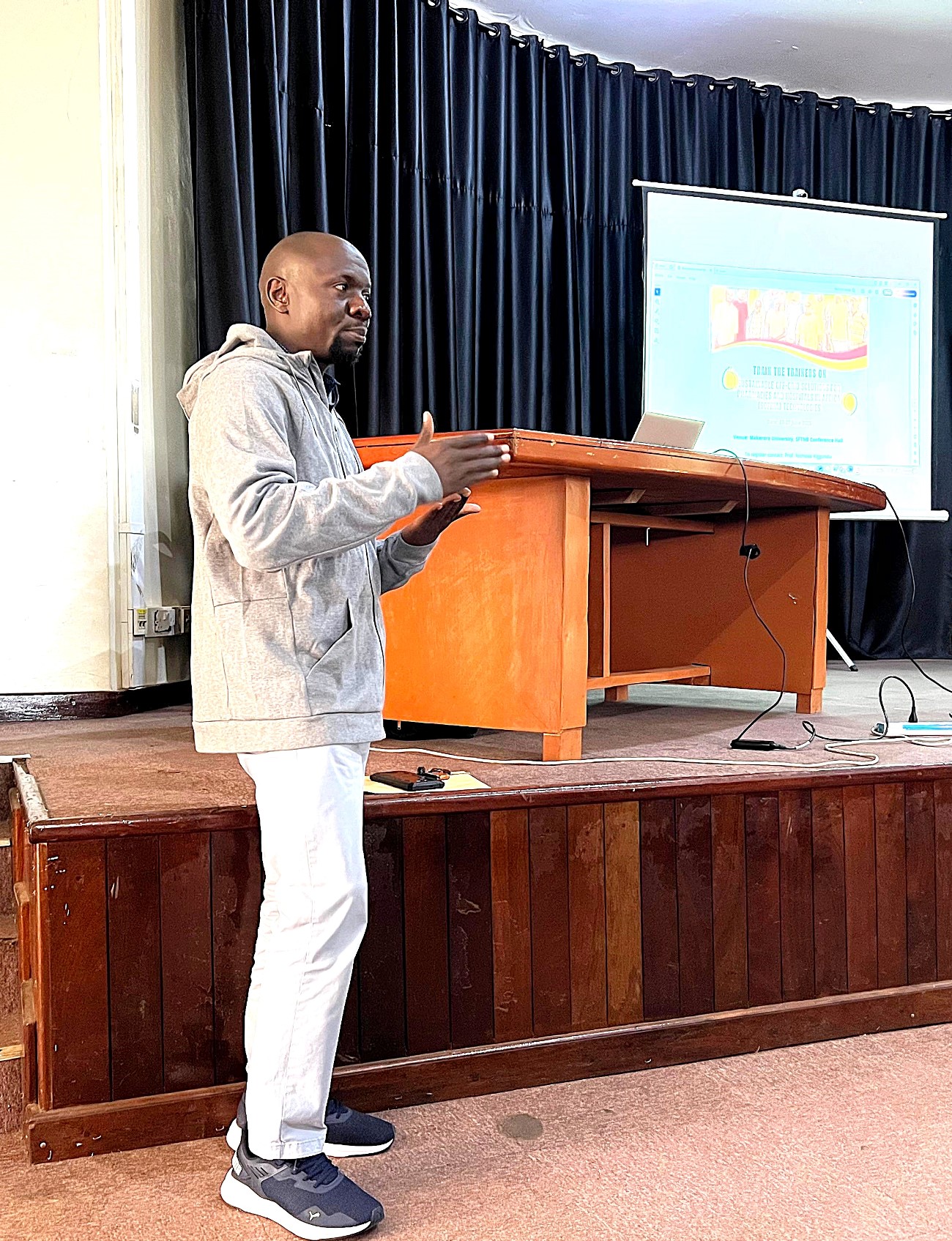
The SophiA System at Buvuma Health Centre IV provides the following services:
- Off-grid electricity supply
- Safe, clean drinking water for patients, staff, and the community
- Hot water and steam systems crucial for maternal care
- Solar-powered cooking and meal preparation
- Cooling systems for surgery and intensive care units
- Refrigeration for medicines at +5°C, blood plasma storage at -30°C, and ultra-low temperature storage (-70°C) for sensitive vaccines such as those for COVID-19 and Ebola
Training of Trainers Workshop
As the SophiA project approaches completion in September 2025, it is vital to establish a skilled pool of technicians capable of handling maintenance and minor repairs of the system components, including solar panels, water treatment units, generators, batteries, and cooking kits.
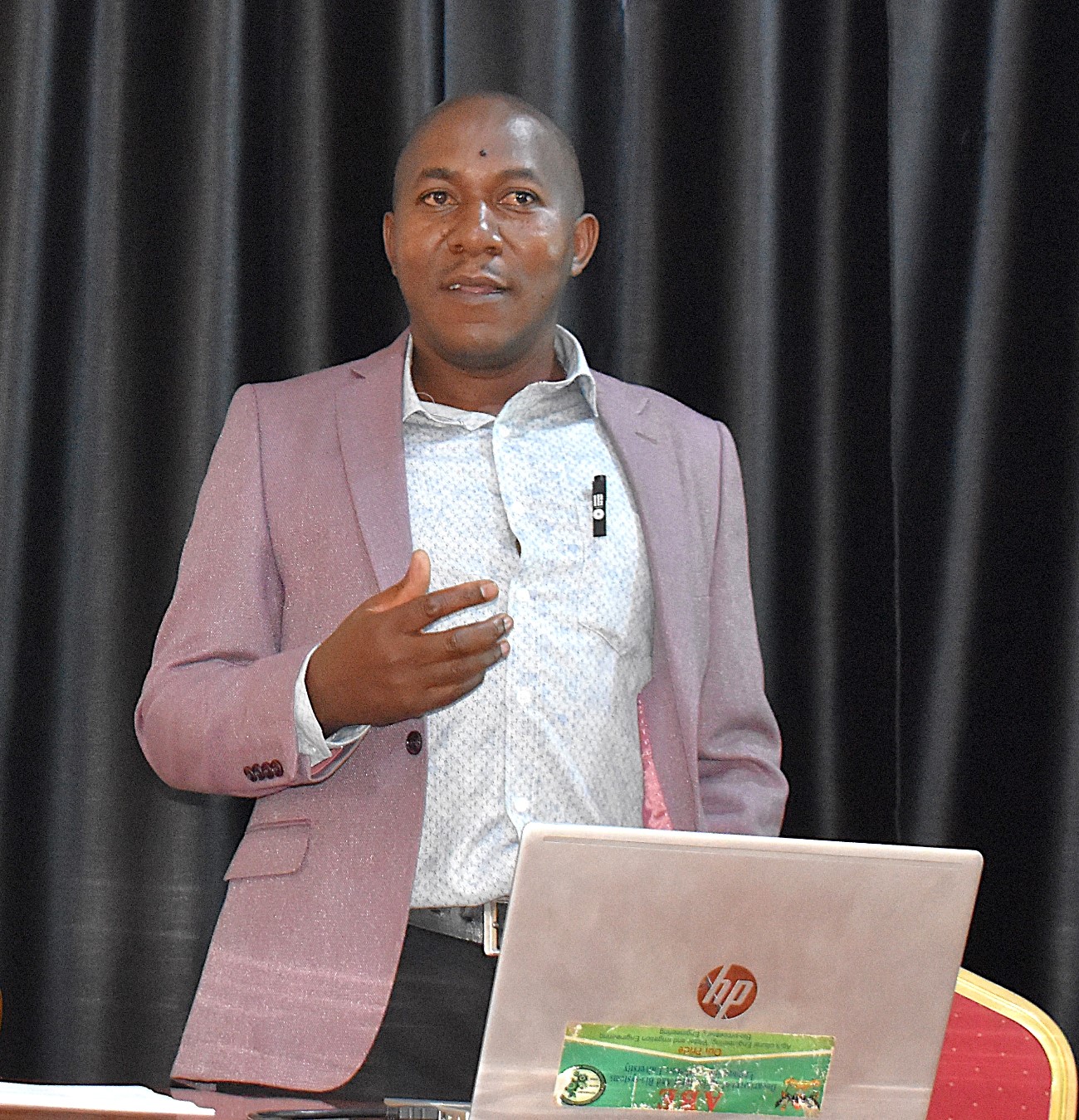
From June 23 to 27, 2025, Makerere University hosted a comprehensive Training of Trainers workshop. The training programme encompassed a diverse range of topics delivered by subject matter experts from institutions, including Makerere University (Department of Agricultural and Biosystems Engineering – CAES, and the College of Engineering, Design, Art and Technology – CEDAT), Hochschule University of Applied Sciences, and Busitema University. Participants were carefully selected from diverse professional backgrounds, including recent engineering graduates from CAES and CEDAT, Makerere University, University technical staff, personnel from Kyambogo University, officials from Buvuma District Works and Health Departments, and electricians from Kampala City. The training sessions were conducted at Makerere University and Buvuma Health Centre IV Hospital.
Training Modules Included:
- Sustainable energy systems and their practical applications
- Energy generation and storage technologies
- Solar water heating: design, operation, maintenance, and performance optimization of solar water heaters, crop dryers, and concentrating solar heaters
- Solar PV technologies in Uganda: cell technology, system design, operations, maintenance, and hands-on practicals for standalone and grid-connected systems
- Public health implications of water quality
- Water treatment and quality management, including protocols, parameters, and case study on the MCDI treatment system
- Water quality testing methodologies
- Introduction to sustainable refrigeration and cooling technologies
- Environmental impact and safety considerations for refrigerants
- Refrigeration cycles and component overview
- Life cycle assessment of SophiA technologies
- Thermal energy storage within the SophiA system
- Steam as a productive energy source
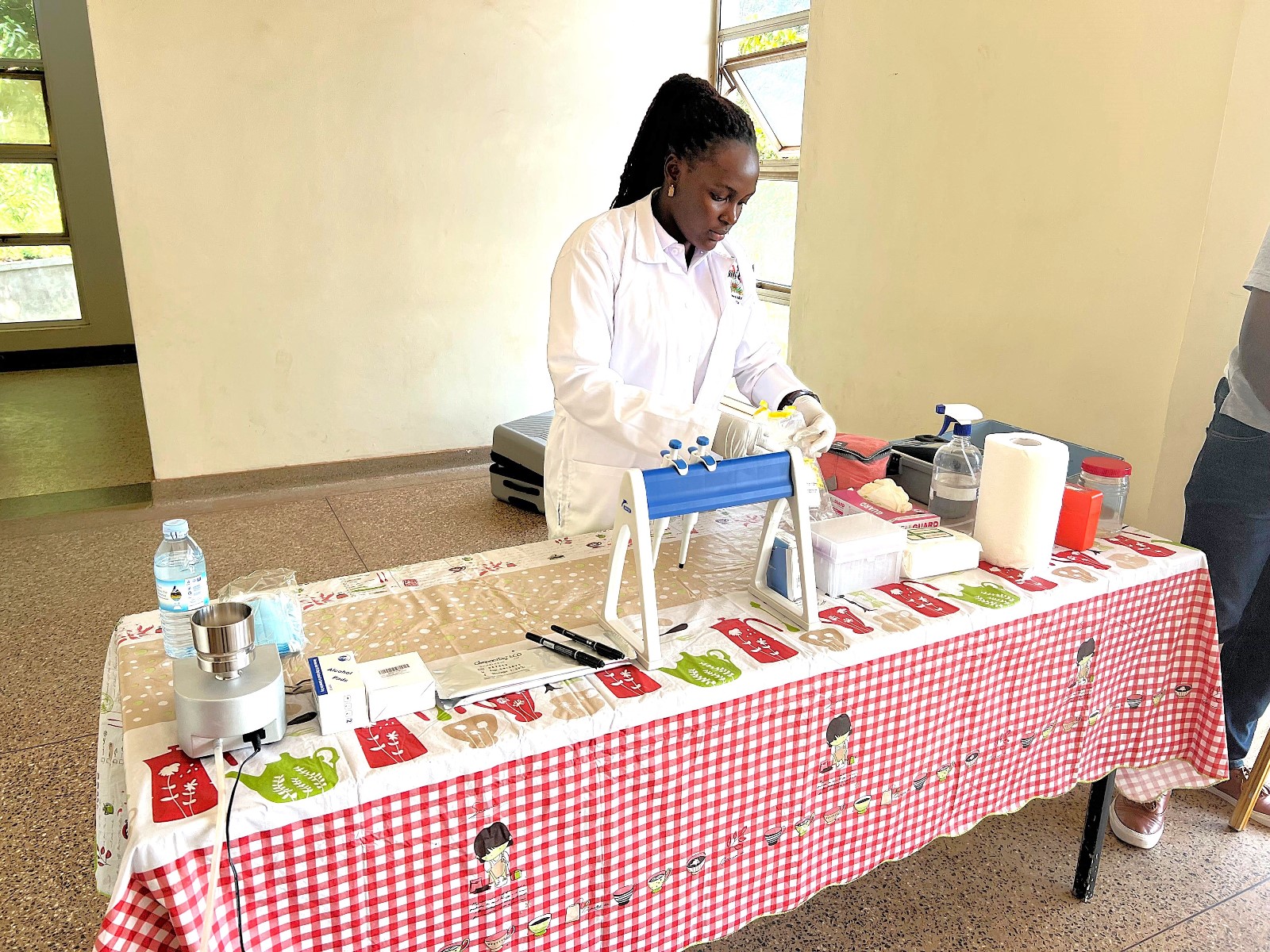
The Training Sessions
Day One: Introduction to foundational concepts in solar energy technologies
The first day of the SophiA Train the Trainers Workshop focused on building foundational knowledge in sustainable and solar energy systems. Led by Dr. Peter Tumutegyereize and Dr. Francis Mujjuni, participants explored a range of technologies and applications critical to clean energy deployment.
Key topics included:
Sustainable Energy Systems: Introduction to renewable energy systems including bioenergy, hydro, wind, geothermal, hydrogen fuel cells, and battery storage.
Solar Radiation & Geometry: Understanding solar constants, irradiance, and the impact of atmospheric conditions on solar performance.
Solar Thermal Technologies: Detailed look at solar water heating systems (FPCs and ETCs), maintenance, sizing, and solar dryers for agricultural and industrial use.
Photovoltaic (PV) Systems: Working principles, types of PV cells, performance factors, and diagnostics. Practical testing techniques and metrics like Voc, Isc, MPP, and PR were discussed.
Simulation & Application: Olivia Nakiwanuka demonstrated a PVsyst-based simulation of a 2.55 kWp standalone system for a conference hall, showing a high solar fraction (97.88%) and low LCOE (USD 0.03/kWh).
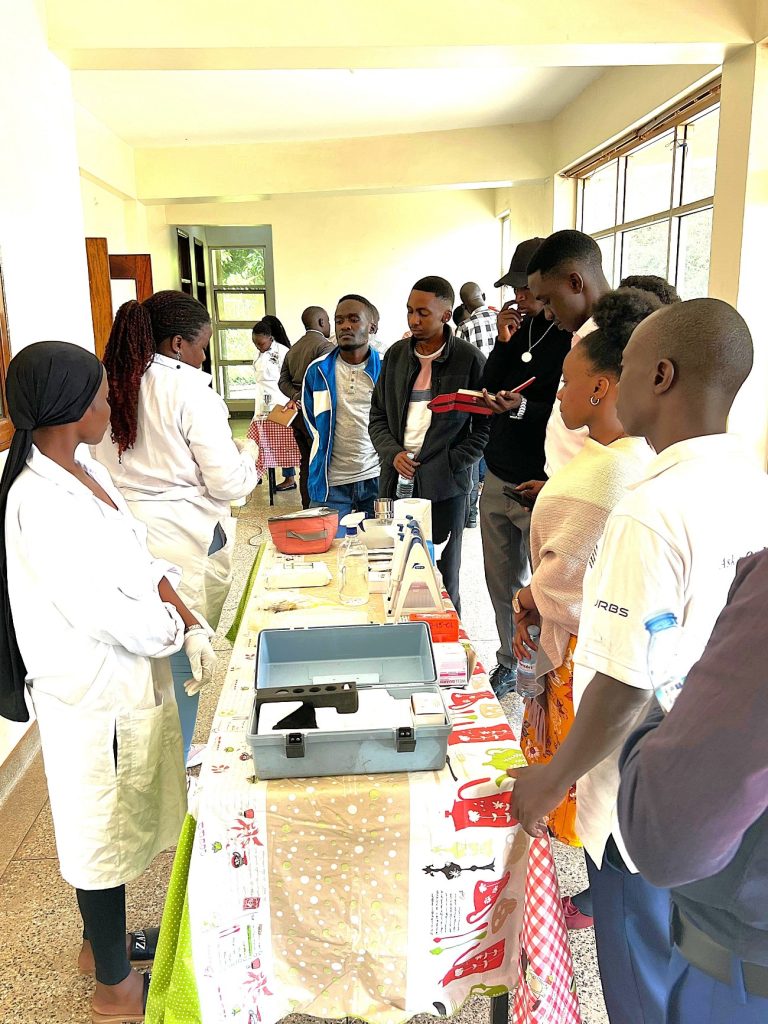
The sessions emphasized practical skills, performance analysis, and real-world application, equipping participants to train others and support solar adoption, especially in rural and off-grid settings.
Day Two: Water Treatment Technologies
The second day focused on water treatment technologies relevant to low-resource healthcare settings. Facilitated by Sneha De and Mr. Duc Dinh Ngoc from Hochschule Karlsruhe University, sessions covered technical, environmental, and operational challenges, with contributions from Dr. Joshua Wanyama on water quality management and Dr. Prossie Nakawuka on practical water testing.
Key challenges addressed included unreliable water supply and contamination in healthcare facilities, emphasizing the need for decentralized water treatment, especially in rural areas.
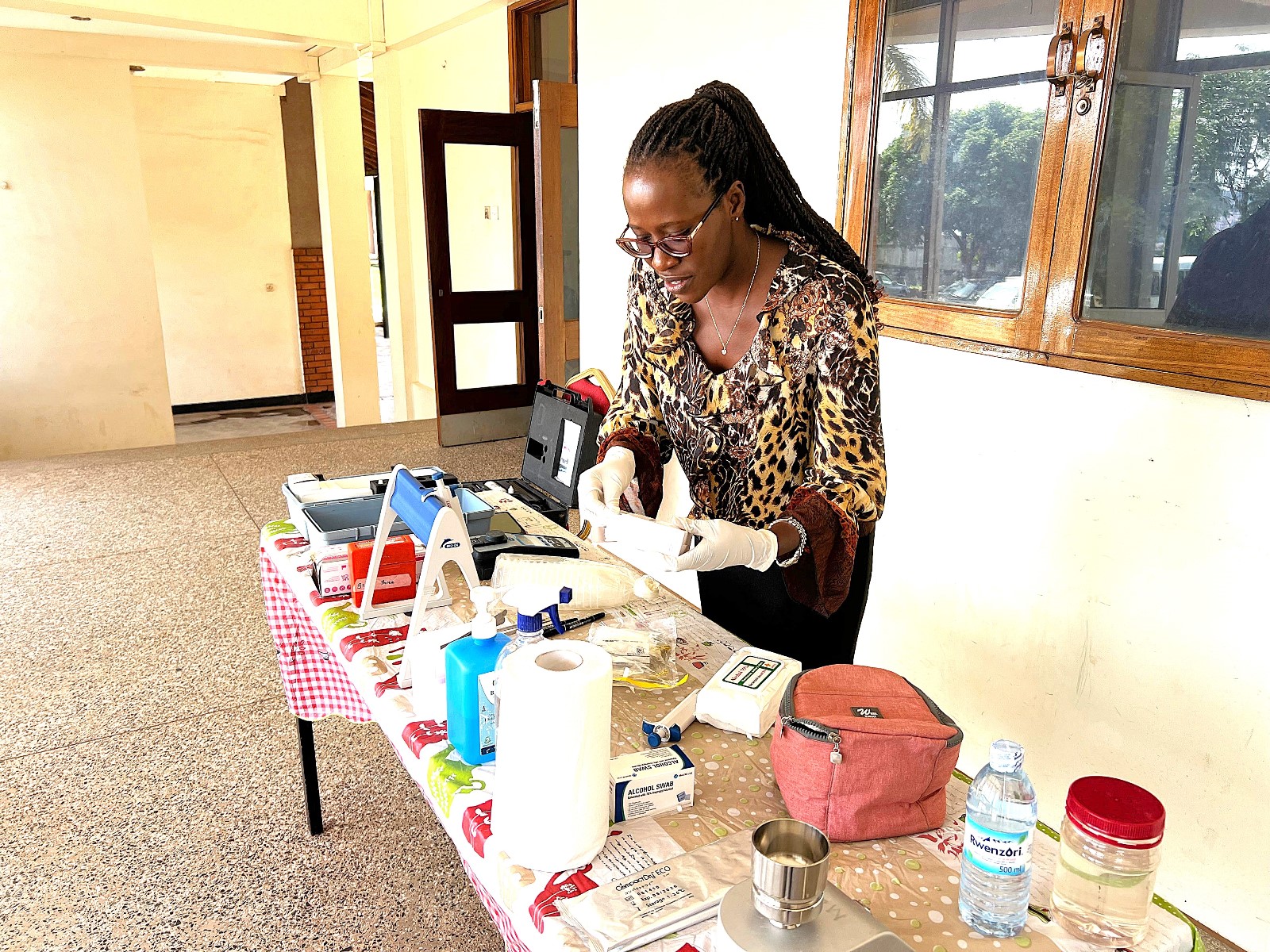
Sneha De reviewed biological and physical/chemical water treatment methods, highlighting technologies such as activated sludge, filtration, membrane bioreactors, and advanced disinfection techniques. The SophiA modular water treatment system, integrating ultrafiltration and membrane capacitive deionisation (MCDI), was introduced as a scalable solution for producing safe drinking and deionised water for medical use.
Mr. Duc Dinh Ngoc trained participants on the MCDI technology, an energy-efficient method for salt and fluoride removal suitable for low-salinity water.
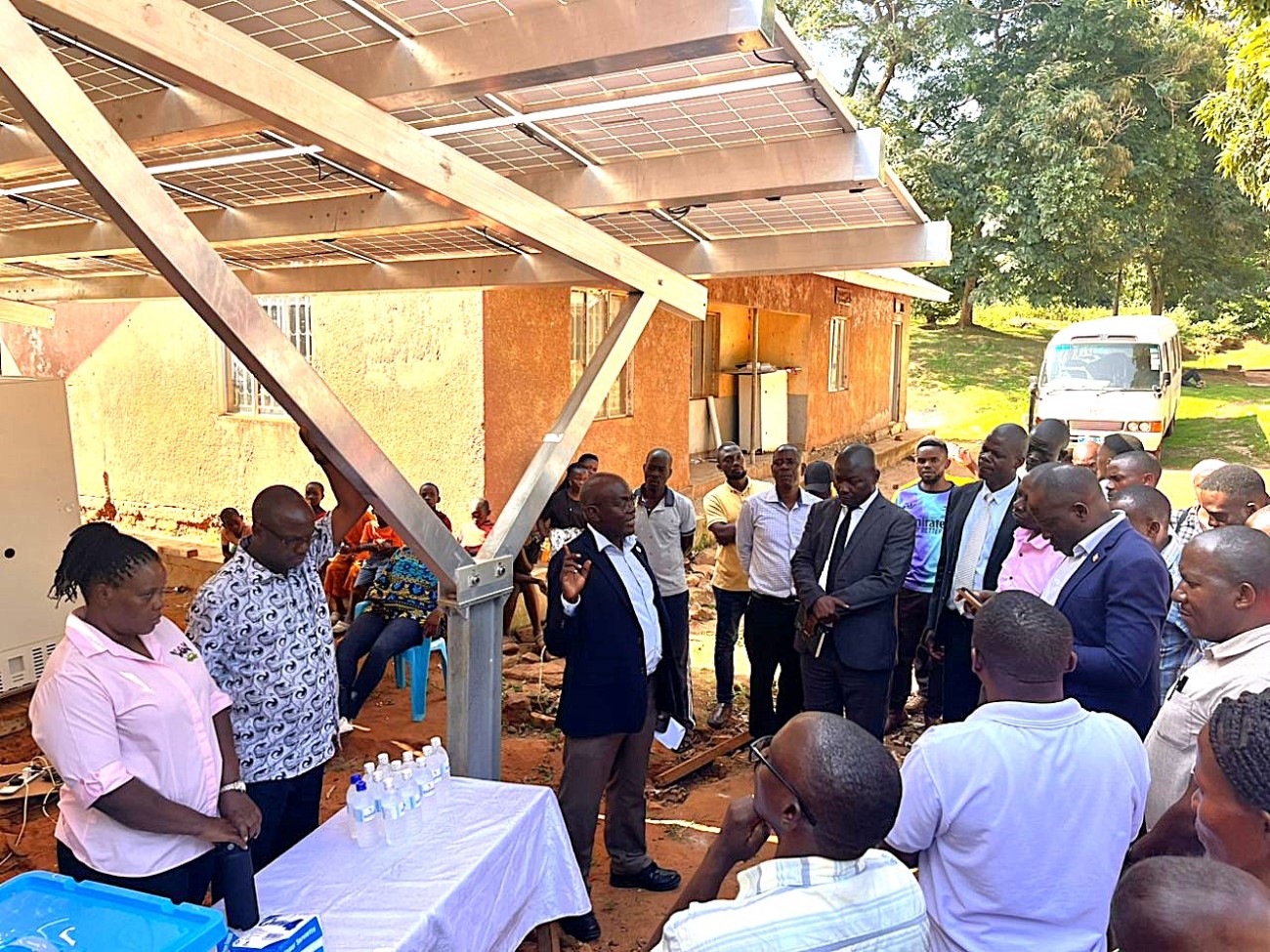
Dr. Joshua Wanyama discussed the water quality management protocols, outlining key physical, chemical, and biological water parameters and monitoring strategies, including modern IoT-based tools, to ensure water safety and public health.
The day concluded with a hands-on lab session by Dr. Prossie Nakawuka, where participants practiced water quality testing using turbidimeters, incubators, and filtration techniques.
Overall, Day Two combined theoretical insights, technology demonstrations, and practical skills, preparing participants to implement sustainable water treatment and quality management systems in healthcare environments.
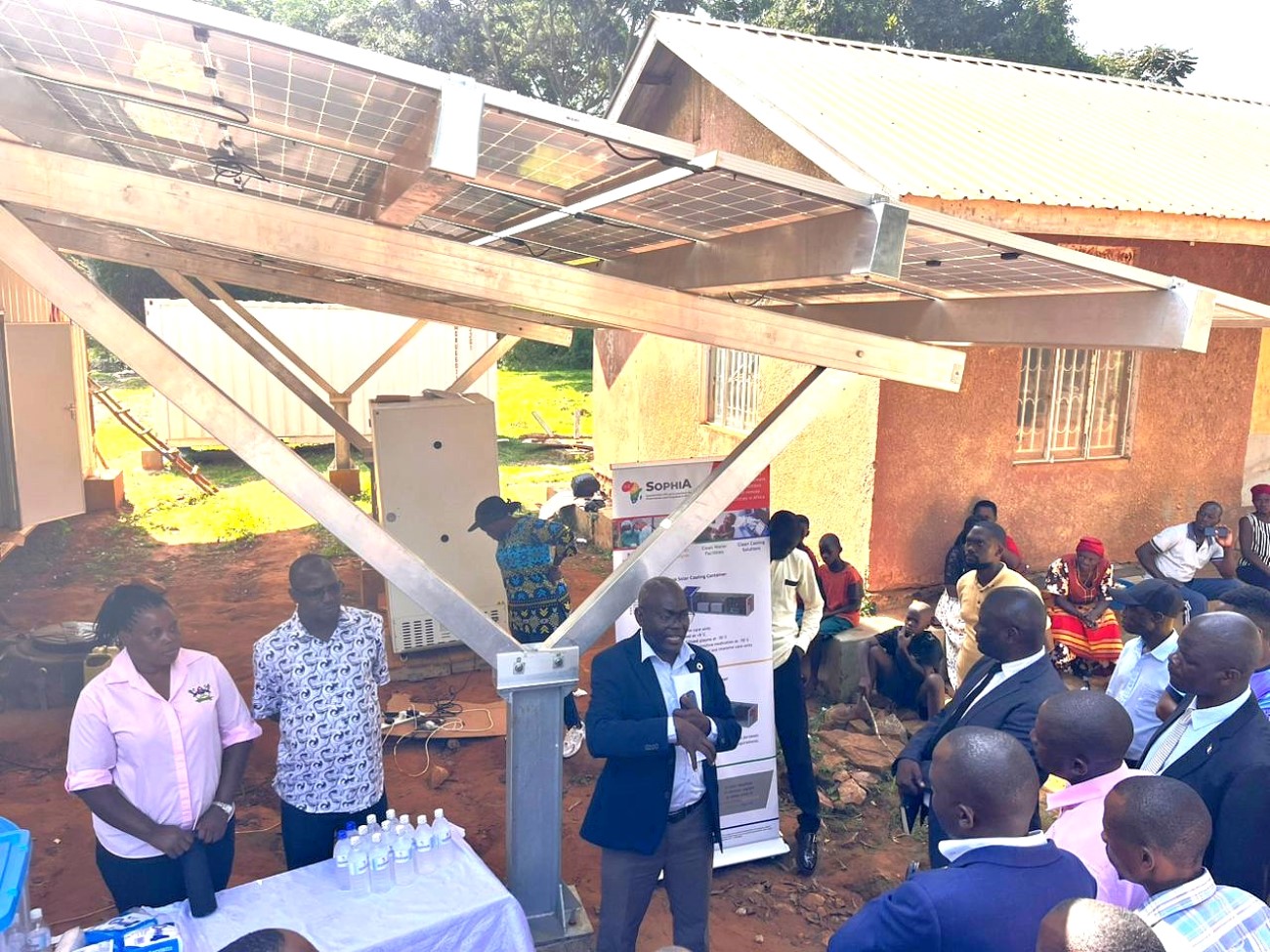
Day Three: Refrigeration and Cold Storage
The third day of the SophiA workshop focused on sustainable refrigeration and cold storage technologies tailored for healthcare in Sub-Saharan Africa. Experts discussed energy-efficient, climate-friendly cooling solutions vital for vaccine storage, medicines, and diagnostics, especially in off-grid and rural settings.
Key highlights included the introduction of solar-powered and biomass-based refrigeration systems, thermal energy storage methods, and the use of natural refrigerants like propane, ammonia, and CO₂ as environmentally safer alternatives. Presentations emphasized the critical role of refrigeration in healthcare and the urgent need to replace harmful chemicals with sustainable technologies.
Sessions covered real-world applications such as the SophiA cooling containers in Burkina Faso, safety protocols for flammable refrigerants, and the environmental and economic benefits of solar refrigeration systems assessed through life cycle analysis.
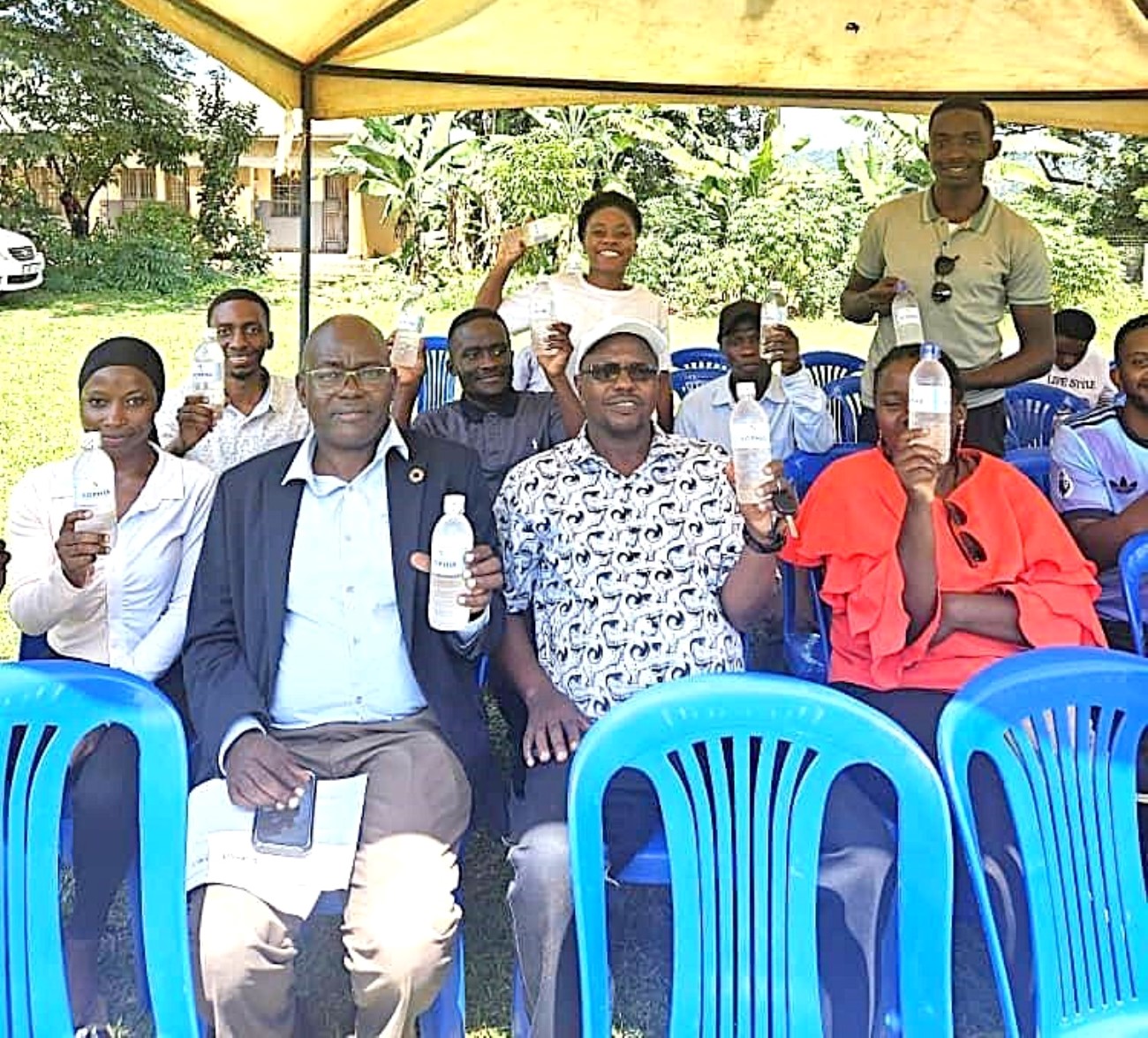
The day ended with an interactive quiz and discussion, reinforcing learning and encouraging participants to apply sustainable cooling practices in their communities.
Day Four: World Refrigeration Day & Field Visit to Buvuma Island
The fourth day of the SophiA Train the Trainers workshop was dedicated to the celebration of the World Refrigeration Day and a field excursion to Buvuma Island, providing participants with a unique opportunity to witness the SophiA system in action. The day was coordinated by Dr. Sarah Bimbona and Dr. Nicholas Kiggundu, who led the delegation to Buvuma Health Centre IV, the pilot site for the SophiA installation in Uganda.
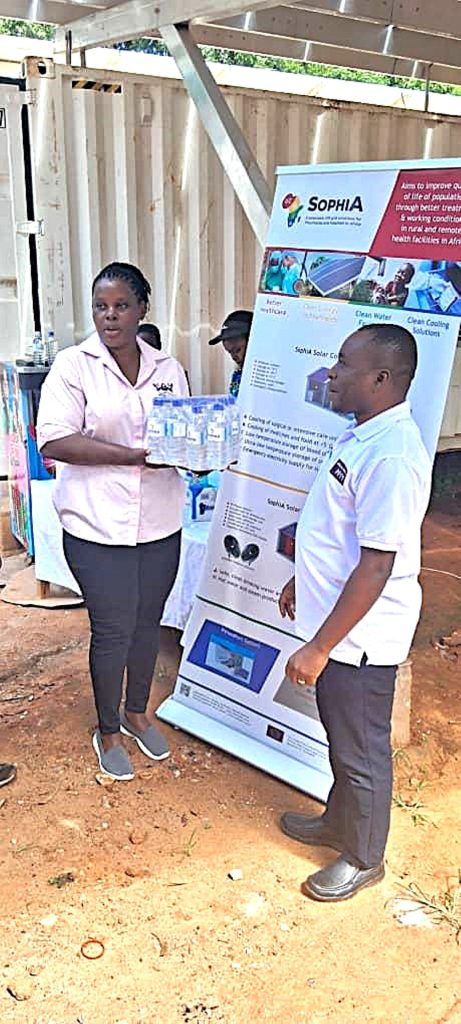
The visit served as both a practical extension of the previous day’s technical sessions and a community engagement event. Participants were able to observe the installed SophiA system, which integrates solar-powered refrigeration, water treatment and steam generation technologies designed for off-grid healthcare settings. During the visit, Dr. Kiggundu provided a detailed briefing to local stakeholders, including representatives from the Buvuma District Local Government, delegates from the Buganda Kingdom, and members of the local community. He explained how the SophiA system will enhance healthcare delivery on the island through reliable cold storage for vaccines and medicines, access to clean drinking water, and steam generated for cooking and use in the maternity wards.
As part of the long-term sustainability plan for the SophiA system, the launch of SophiA Water was announced, an entrepreneurial initiative designed to generate revenue locally for the operation and maintenance of the system.
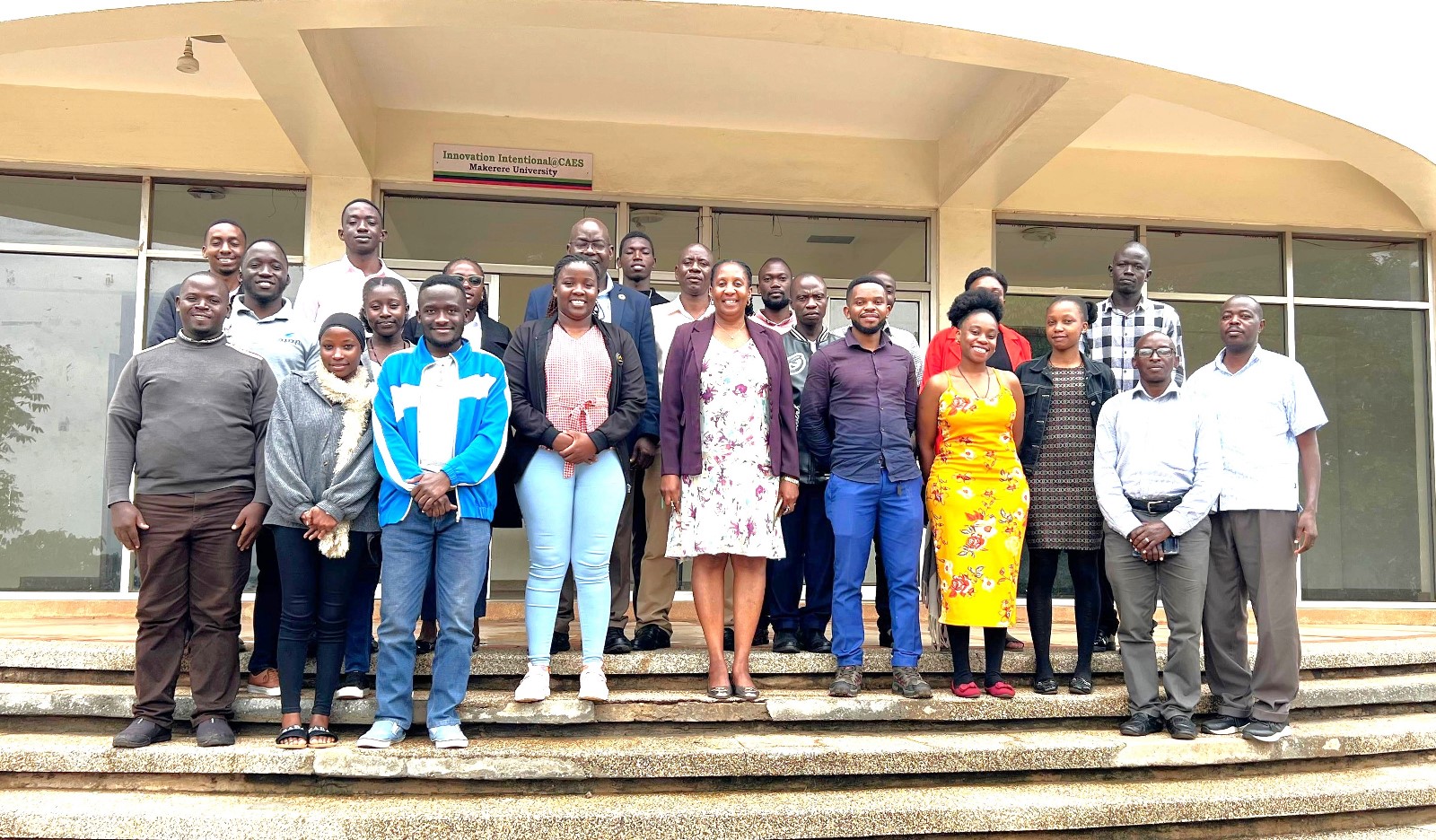
The field trip ended with a certificate awarding ceremony in appreciation of the participants’ dedication and active engagement throughout the training programme.
Agriculture & Environment
APRC Trains Graduate Students & Stakeholders in the Use of the African Agriculture Adaptation Atlas
Published
2 weeks agoon
July 3, 2025
The Agricultural Policy Research Centre (APRC), housed within the College of Agricultural and Environmental Sciences (CAES) at Makerere University, continues to play a pivotal role in shaping Uganda’s agricultural future through evidence-based policymaking. With a mission to ensure that agricultural policies are grounded in empirical research and data, APRC is actively investing in capacity-building initiatives that empower researchers, policymakers, and development actors.
In a significant stride toward building climate resilience in African agriculture, APRC recently organized a two-day intensive training workshop focused on the African Agriculture Adaptation Atlas (AAAA) – a state-of-the-art, web-based decision-support platform that facilitates the integration of climate data into agricultural planning and policy.

The workshop, held on Wednesday 25th and Thursday 26th June 2025 at the School of Agricultural Sciences, Makerere University, targeted two key groups: graduate students on the first day, and university faculty, government officials, and development practitioners on the second. This structure ensured tailored learning experiences for both emerging and seasoned professionals, helping to bridge the gap between academic research and real-world policy implementation.
The African Agriculture Adaptation Atlas (AAAA) is designed to provide dynamic, data-rich visualizations that support informed decision-making in agriculture and food systems across the continent. Through interactive maps and analytical tools, users can explore projected climate impacts, evaluate risks, and identify localized, climate-smart adaptation strategies.

Throughout the sessions, participants received hands-on training in a broad range of AAAA functionalities, including:
- Leveraging the Atlas for research and policy communication: Enhancing the ability of scientists and policy actors to translate complex climate data into actionable insights;
- Assessing projected climate impacts and associated agricultural risks: Essential for forward-looking planning and risk mitigation;
- Identifying climate-smart investment options, with a particular focus on the livestock sector, which is especially vulnerable to climate shocks;
- Analysing gendered vulnerabilities: Examining how climate change disproportionately affects women in agricultural communities;
- Understanding the implications of heat stress on agricultural productivity: Supporting targeted interventions to protect producers and their livelihoods;
- Estimating the economic returns of adaptation strategies: Aiding in prioritizing investments and allocating limited resources effectively.

Prof. Bernard Bashaasha, the APRC Coordinator, emphasized the importance of the training in advancing Africa’s adaptation agenda. “As climate change continues to threaten food security and disrupt livelihoods across the continent, tools like the AAAA, and the skills to use them effectively are essential. They empower decision-makers to craft policies that are adaptive, inclusive, and rooted in science,” he noted.
The workshop was coordinated by Dr. Florence Rwiza, Lecturer in the Department of Agribusiness and Natural Resource Economics at CAES.
More photos from the Training






Trending
-

 General2 weeks ago
General2 weeks agoRe-advert: Admission to Undergraduate Programmes 2025/2026
-

 General1 week ago
General1 week agoRe-Advert for Applications for Diploma and Certificate Training
-

 General5 days ago
General5 days agoMakerere University Fees Waiver for 40 First Year Female Students 2025/2026
-

 General2 weeks ago
General2 weeks agoPress Statement on Ranking
-

 Health1 week ago
Health1 week agoCall for Applications: Responsible Conduct of Research (RCR) Training Course
